Interview with Christophe Michon, Sales Manager for the South East area of Wilson France
- Hello Christophe Michon, you are sales manager for the South East zone for the Wilson brand. Can you introduce yourself please?
Christophe Michon: Yes, indeed, I am therefore the representative for the Wilson brand for all racket sports: tennis, badminton, squash and padel on the large south-eastern quarter of France.
- What is your daily role within Wilson?
CM: My role is to offer stores the best possible assortment, whether specialists or general practitioners, to suit consumers and practitioners.
- When did you discover the Padel ? Your first impression?
CM: I've heard about it for a good ten years now. But really, I heard it in France, 3-4 years ago with Wilson of course. My first impression was an image of a playful, accessible and fun sport.
- Why is it not Wilson's goal to move into the padel ? What are the arguments?
CM: Quite simply, because the padel remains a micro-phenomenon at the international level even if, it is true, there is a good boom at the moment and a little breathlessness in tennis. But where there are more practitioners it is still tennis. In the padel, there must be a maximum of 10 million practitioners. It remains very weak at the international level.
-Are there any countries where Wilson is very present in terms of market share concerning the padel ?
CM: Already in South America, where the brand has been established for a very long time. Even if we are not super present, the Wilson brand manufactures racquets of padel for 20 years. Also, in Spain, even if in this country, the padel is a very popular sport, there are many more players on the market.
- Do you have a relationship with the padel daily? Are you working on different projects?
CM: Yes, of course. It is a diversification for tennis clubs, also for tennis racket distributors so yes we are talking about it but it remains a much less important subject than tennis for example. But it tends to become more important in the future.
- What is your view on the evolution of padel since 5 years ?
CM: We feel that it is well pushed by the French Tennis Federation which tends to subsidize the clubs which invest in the padel because once again, the padel it's fun, it brings people together. It's a little different audience than tennis. So, we feel it is rather pushed at the federal level and it is going in the right direction even if we must not forget tennis.
-When you say "a different audience", that is to say that we can bring other people who were not necessarily made for tennis?
CM: Exactly. Either Because technically, people were not comfortable with playing tennis, too technical or quite simply it lacked a bit of fun or playfulness. The padel it is played at 4 on a small field, we can more easily discuss. Whereas tennis, when you are 24 meters apart, it is immediately more complicated.
- Do you have contacts with the FFT to try to develop the sport as well as possible?
CM: So, at my small level of representative, not even if we can see the departmental councilors when they come to the clubs, they talk a lot about padel but it is rather at the level of the promotion manager that there can be exchanges with the federation.
- Do you think that they are putting all the necessary means to develop this new sport of rackets?
CM: They put the resources into the infrastructure specific to the padel but after that there are all the extras of the type of reception agent, teacher of padel etc… which are super important because the practice is quite low as the rate of equipment so there is always a need to have someone to lend or rent snowshoes. It is important not to overlook this fundamental step in the development of padel in clubs. It is not only a matter of having infrastructures, but also of having people to develop practice and learning and also people to welcome people.
-In Spain we see that there are definitely more licensees padel than tennis licensees, more practitioners padel than tennis players. Would that be possible in France or is tennis still too inked?
CM: Honestly, I don't think so. The Spanish market has always had very few licensees from the Spanish Tennis Federation. It has always been like that in tennis, it's quite cultural. In France, there are just over 4 million tennis practitioners (1 million licensees), I have doubts that there is the same enthusiasm in our country. Today, if we have 100 practitioners of padel, it's already huge so good there is still a great development to be done to be able to tickle tennis.
- Do you know the key factors in the democratization of padel in Spain or South America?
CM: Honestly no, I never really cared about it.
-The professionalization of padel can it be a lever for the development of tennis clubs?
CM: Yes, I am convinced that tennis clubs are becoming centers for the practice of racquet sports: tennis, padel, badminton where the practice is very easy. And once again, bringing in a different audience can lead to tennis practice for later.
- So for you, the padel can't compete with tennis? But can this be a key factor, particularly within tennis clubs?
CM: Yes, there you have it, it can actually be a complement or even the possibility of bringing your family to discover this sport and share a good time with your family.
-Do you think the Federation of Padel will become independent in the coming years?
CM: It remains a possibility if ever the core gets bigger, bigger and the market expands. For my part, I do not wish it too much because it can have a complementarity between these two sports but it remains a possibility.
- I return the question, without the Tennis Federation could it survive or even exist? In terms of means, structures and events?
CM: It would be more complicated straight away. There are more than 7 tennis clubs which form a very important territorial network. And then there is already know-how and volunteers who are involved in tennis on a daily basis. With the support of the FFT, these same volunteers can help discover the padel. But otherwise, I think that indeed, it would be very complicated if we simply had a federation of padel in France.
-Do you have anything to add in relation to the means used and possible for the development of the padel ?
CM: I don't have much to add, but as the world number one in racket sports, we have to be present in the padel. Once again, in France, we are a little behind for the moment but we have a certain number of products and technologies which are very quickly adaptable. And then, we know that today, the equipment of padel is relatively weak and still facing discovery so practitioners are not necessarily ready yet to invest large sums in padel unlike Spain or even Argentina.
Antoine Sarroste studied the padel. He offers us his expertise around the development of padel in France.

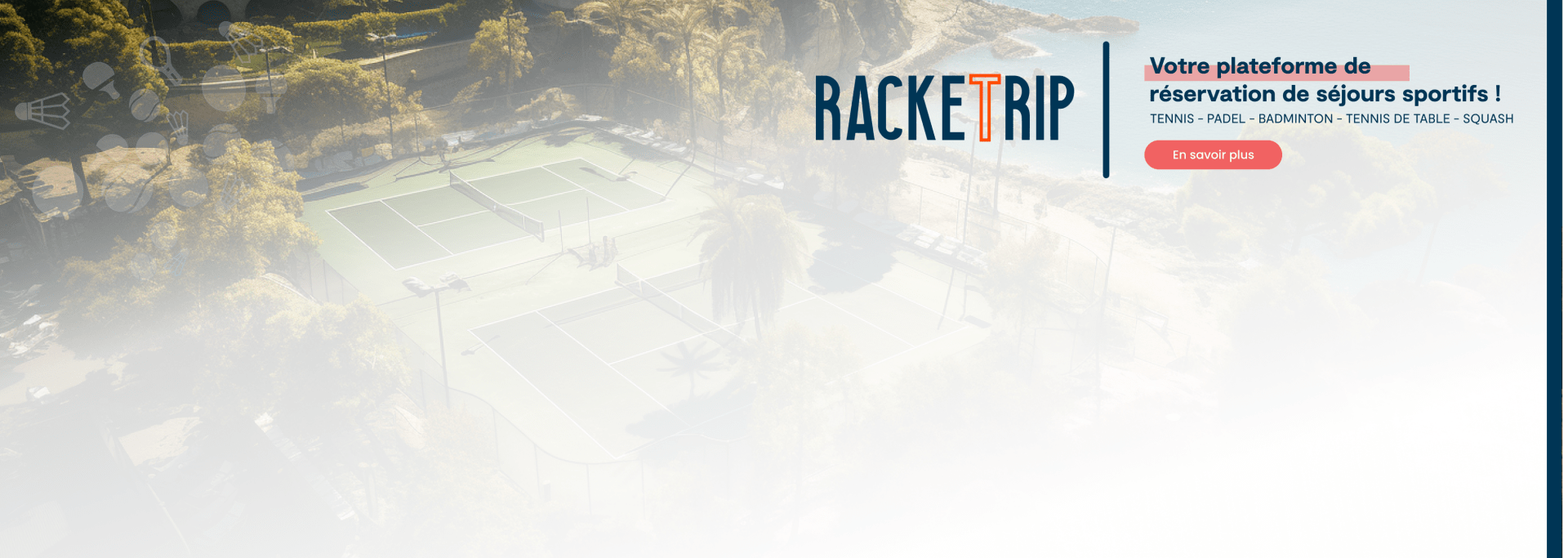


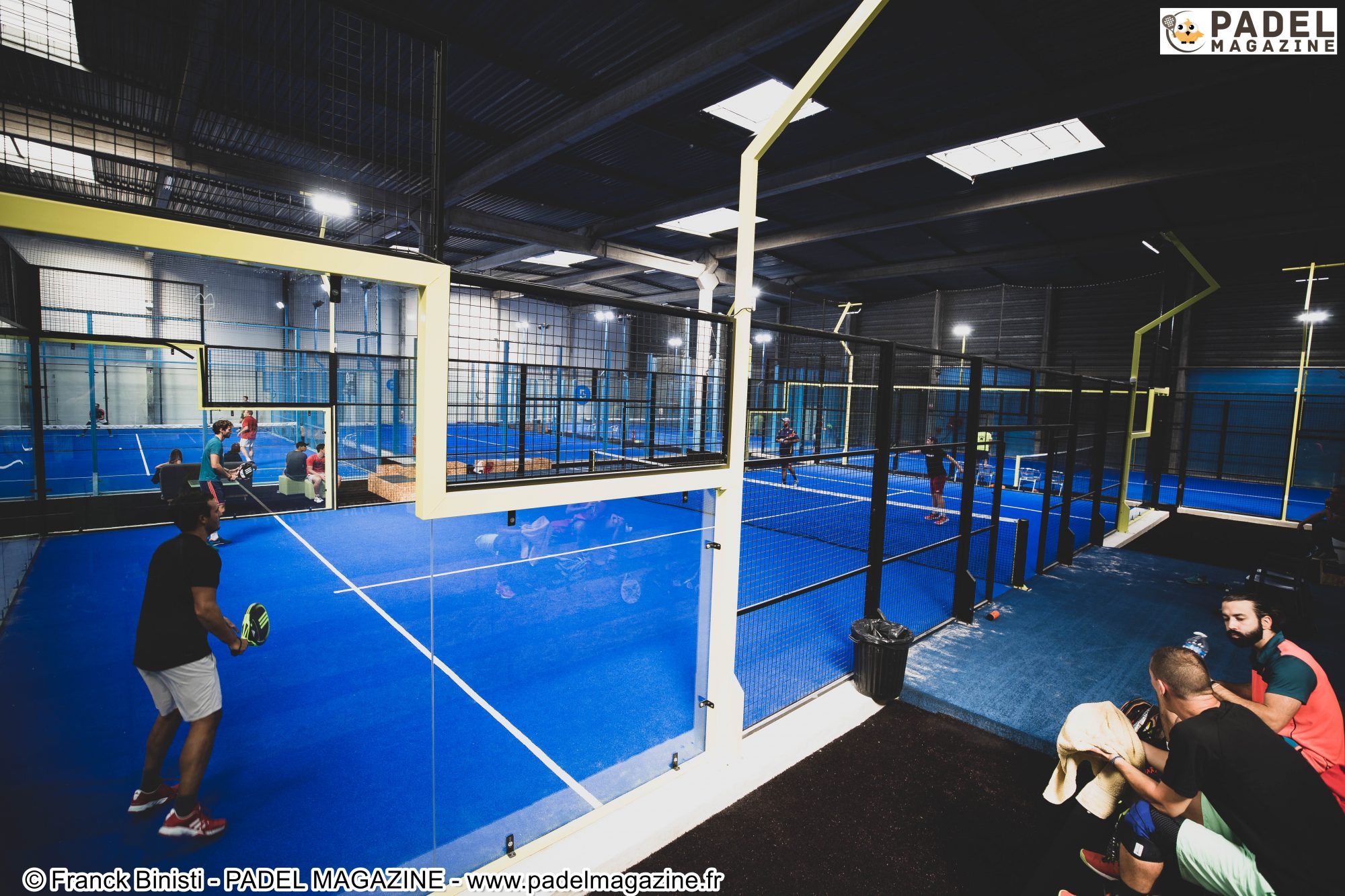

















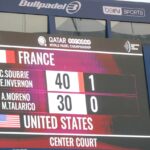







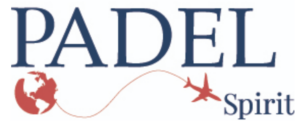
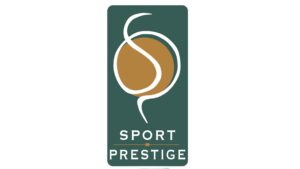

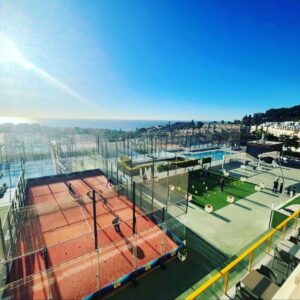




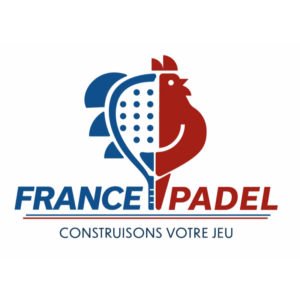


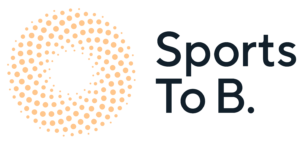

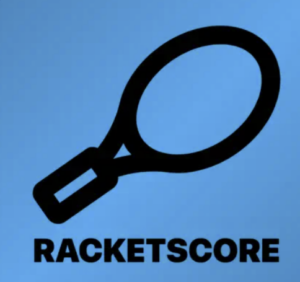
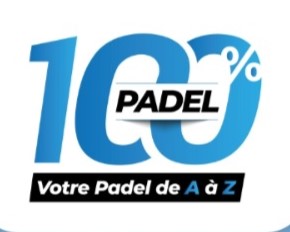
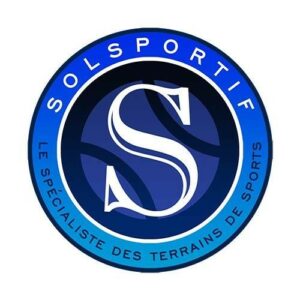

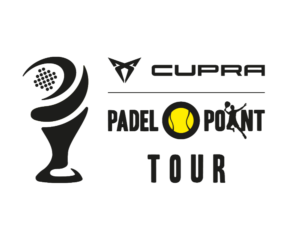

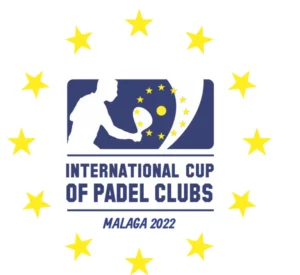




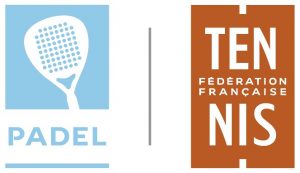
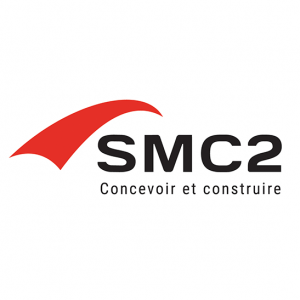

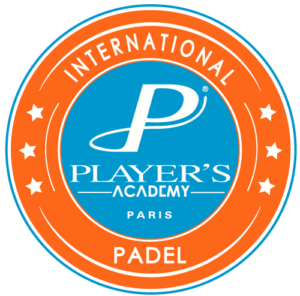
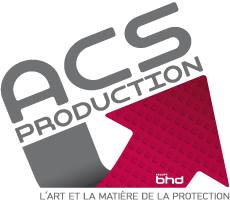




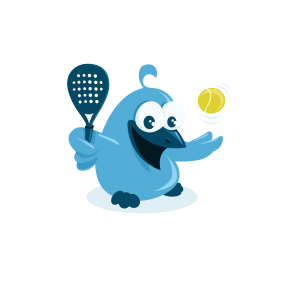

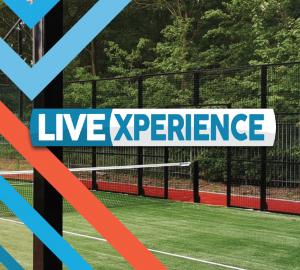
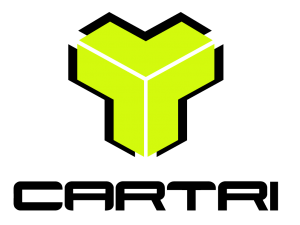

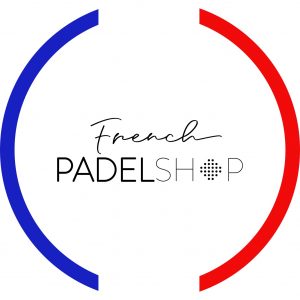
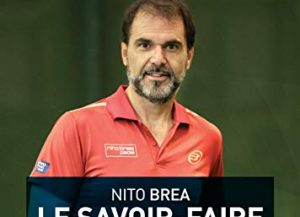
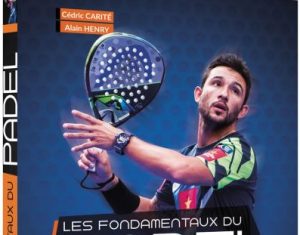


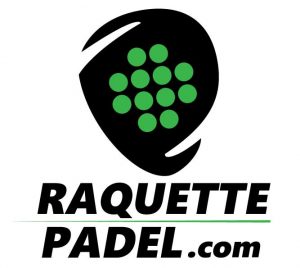
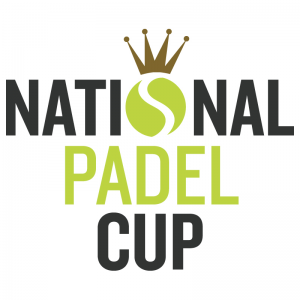
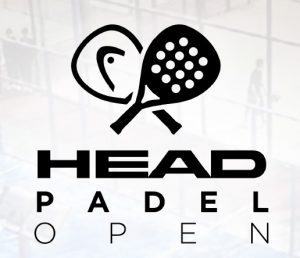





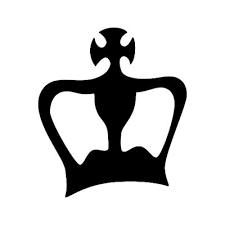
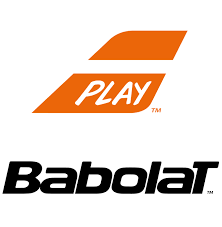

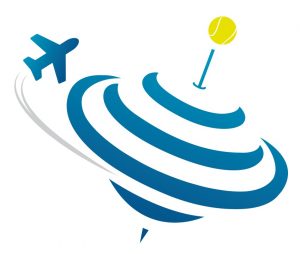
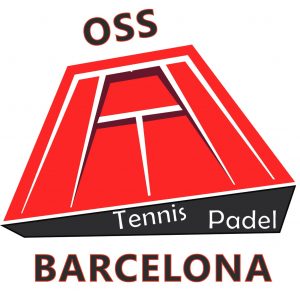
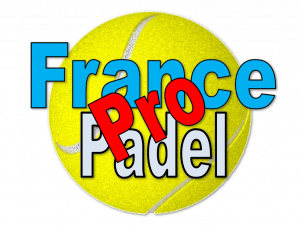


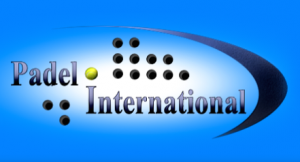

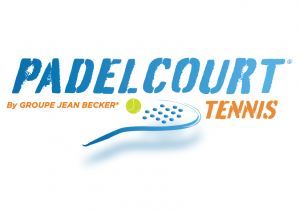

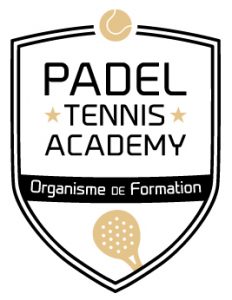
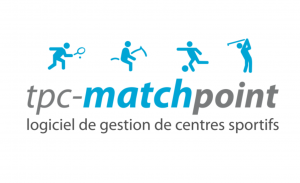

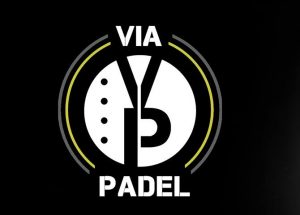




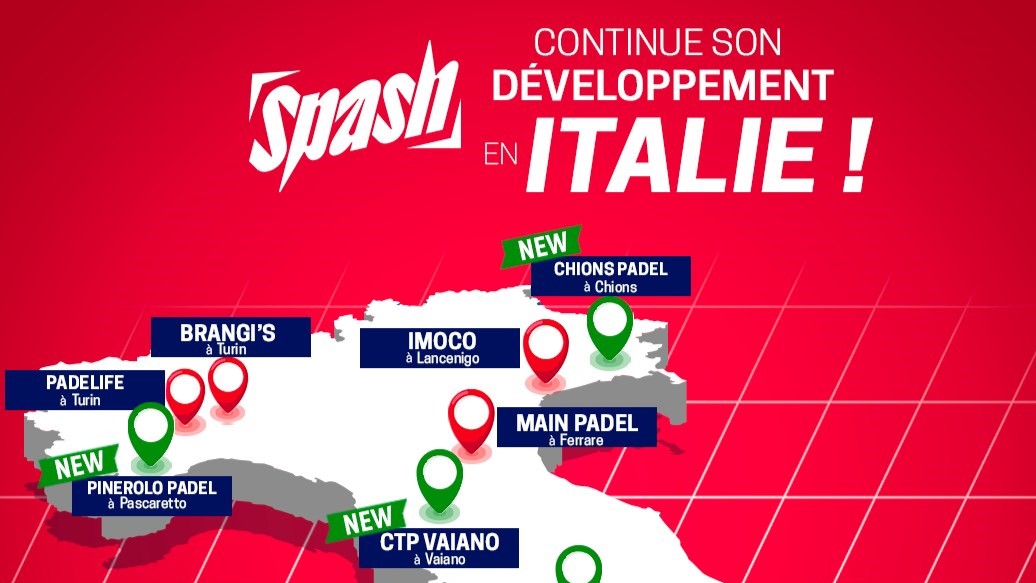 Soon 10 clubs equipped with Spash technologies in Italy!
Soon 10 clubs equipped with Spash technologies in Italy! Two P1000 doubled prize money approaching!
Two P1000 doubled prize money approaching!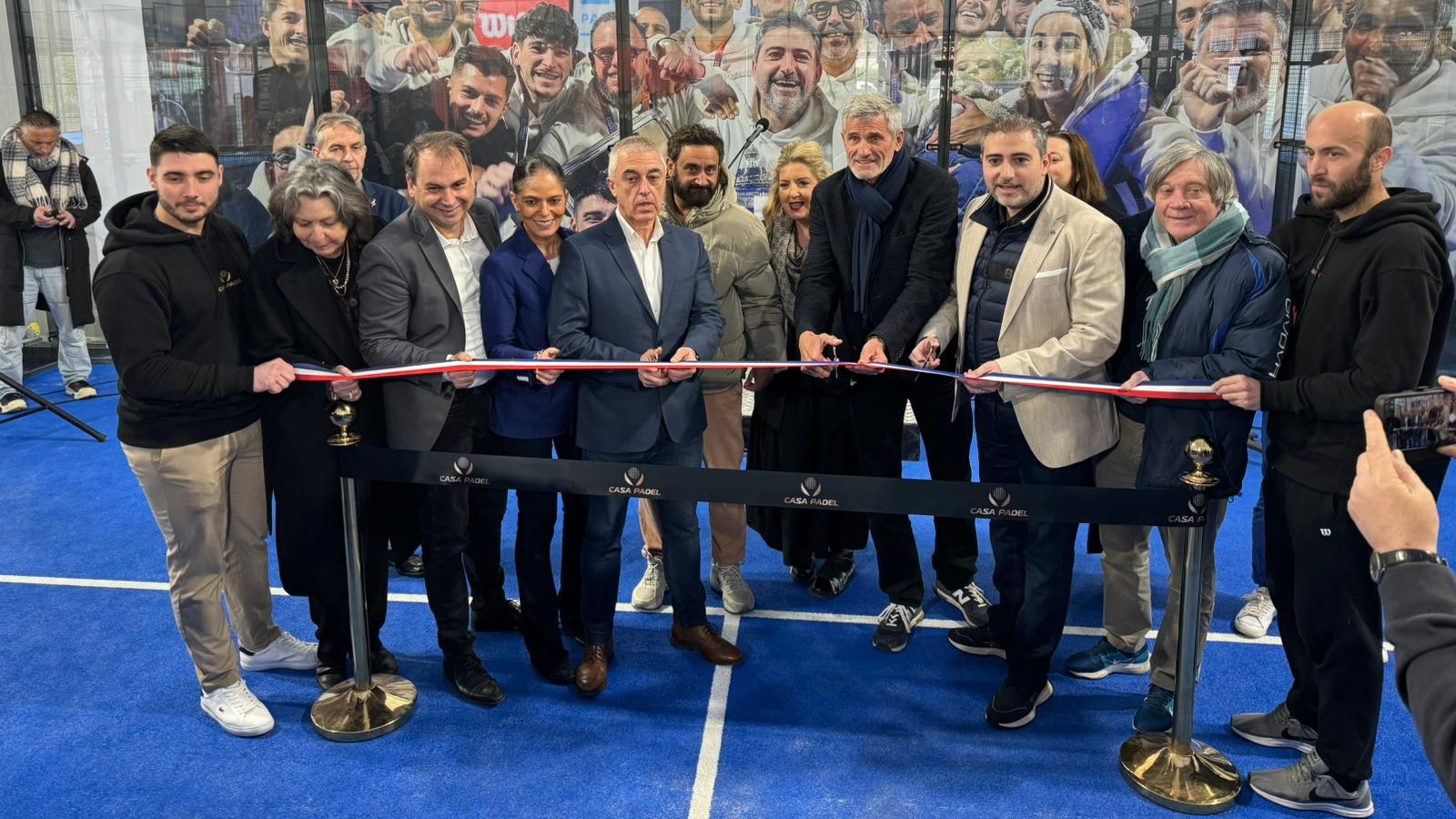 José Manuel Escin at the inauguration of Casa Padel DOS: “Finally, and thank you!”
José Manuel Escin at the inauguration of Casa Padel DOS: “Finally, and thank you!”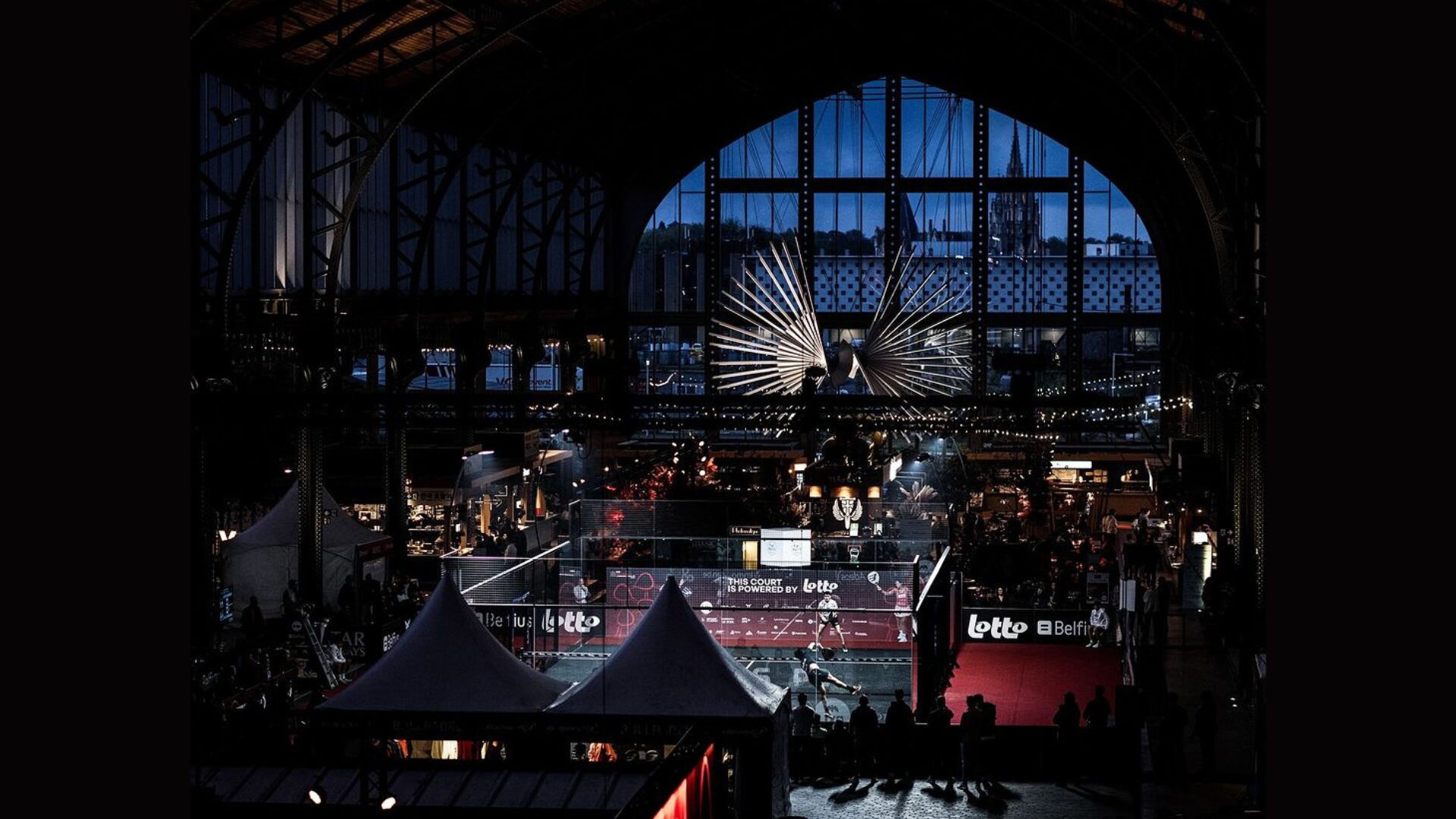 Premier Padel Brussels P2 – The eighths live
Premier Padel Brussels P2 – The eighths live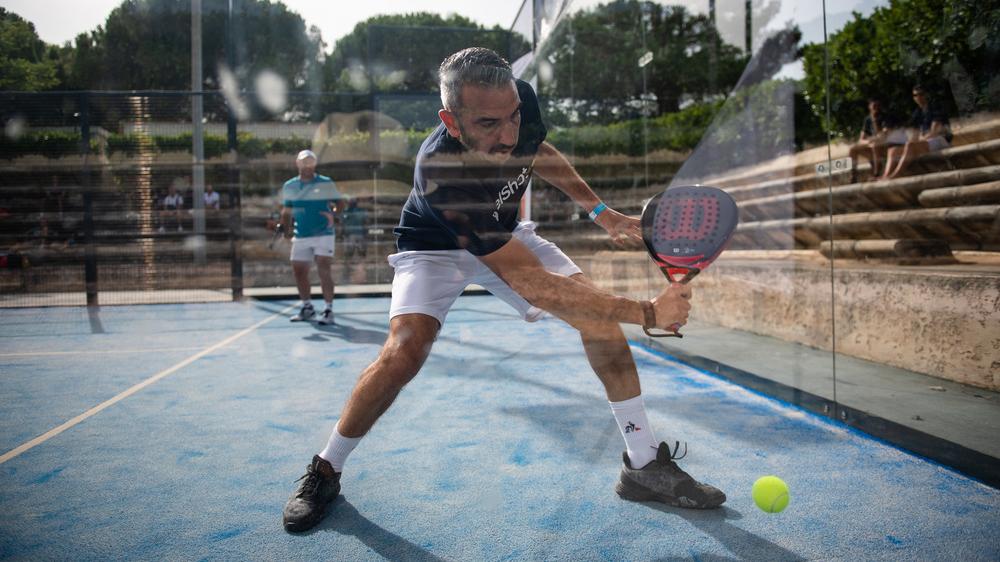 Simon Boissé: “We know that there are two nations in front of us”
Simon Boissé: “We know that there are two nations in front of us”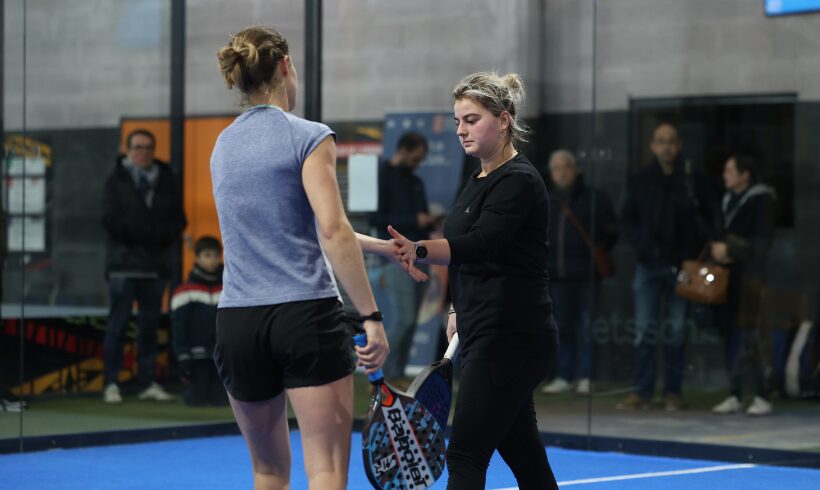 Marie Maligo: “This period of frequent changes of partners was beneficial for me”
Marie Maligo: “This period of frequent changes of partners was beneficial for me”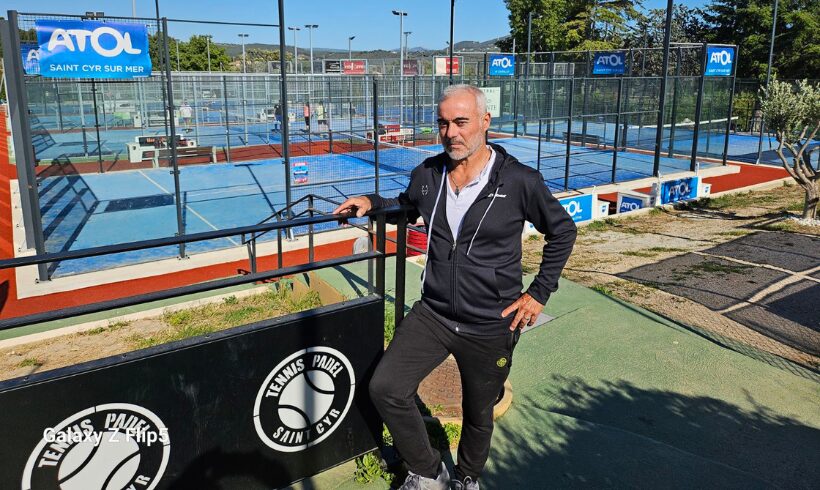 Alain Idier: “Adding tracks of padel, without sacrificing tennis”
Alain Idier: “Adding tracks of padel, without sacrificing tennis”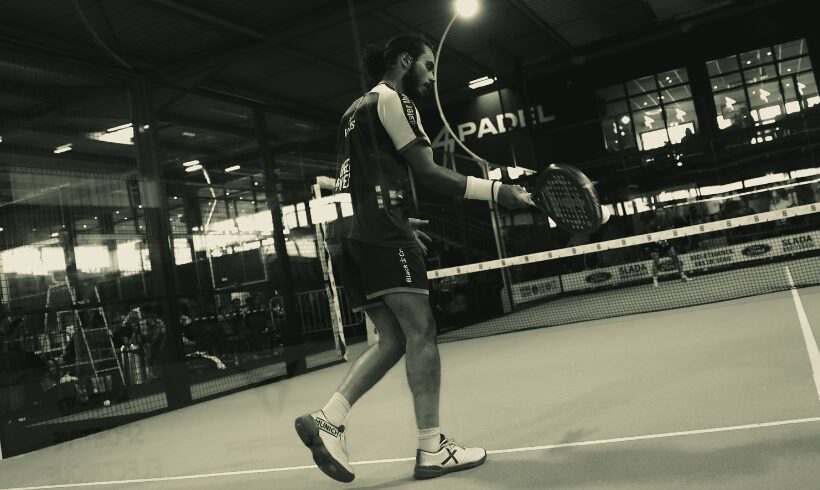 Manuel Vives: “It’s extremely difficult to get by financially”
Manuel Vives: “It’s extremely difficult to get by financially”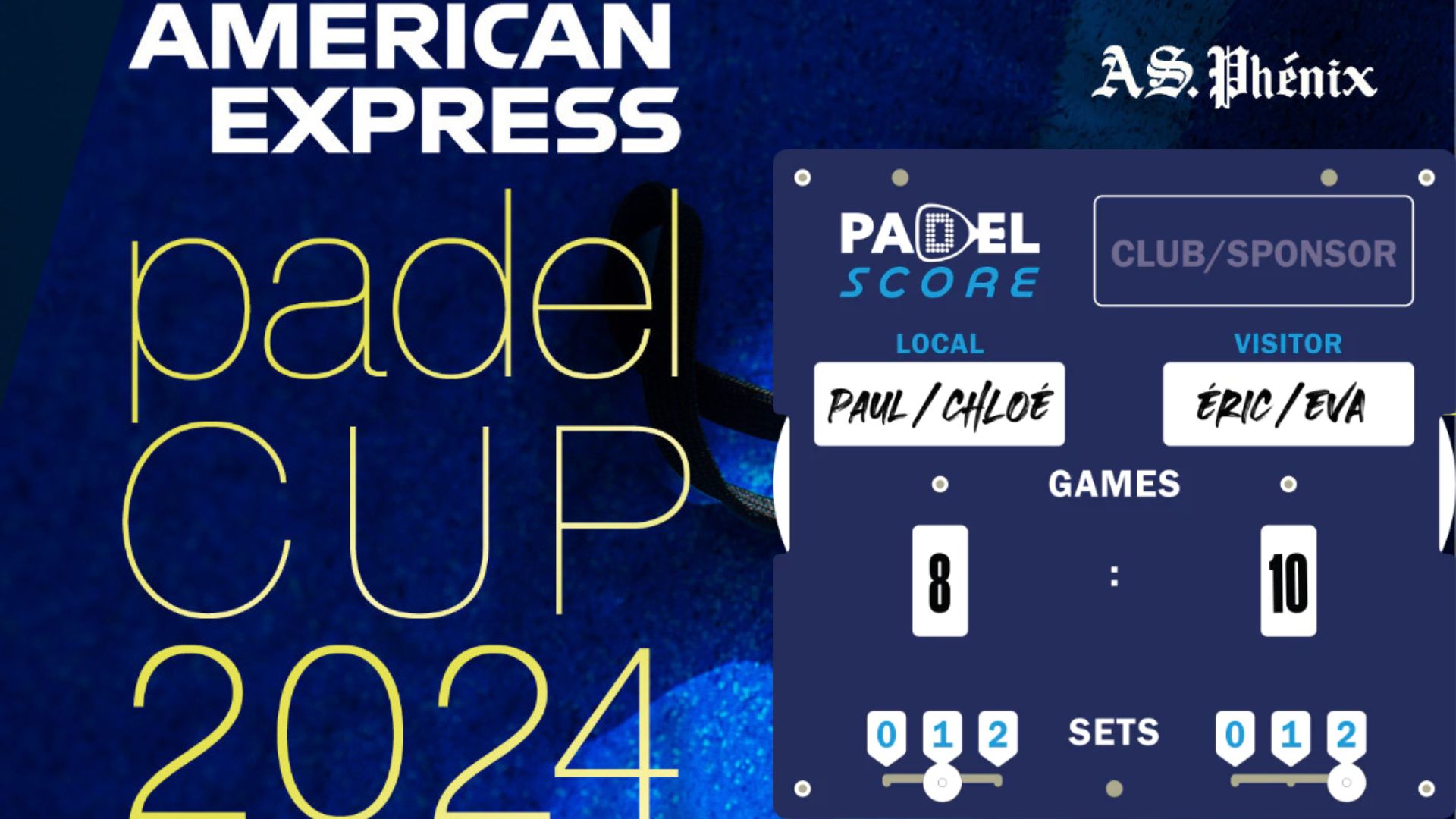 Padel Score comes to Tahiti for American Express Padel Cup!
Padel Score comes to Tahiti for American Express Padel Cup!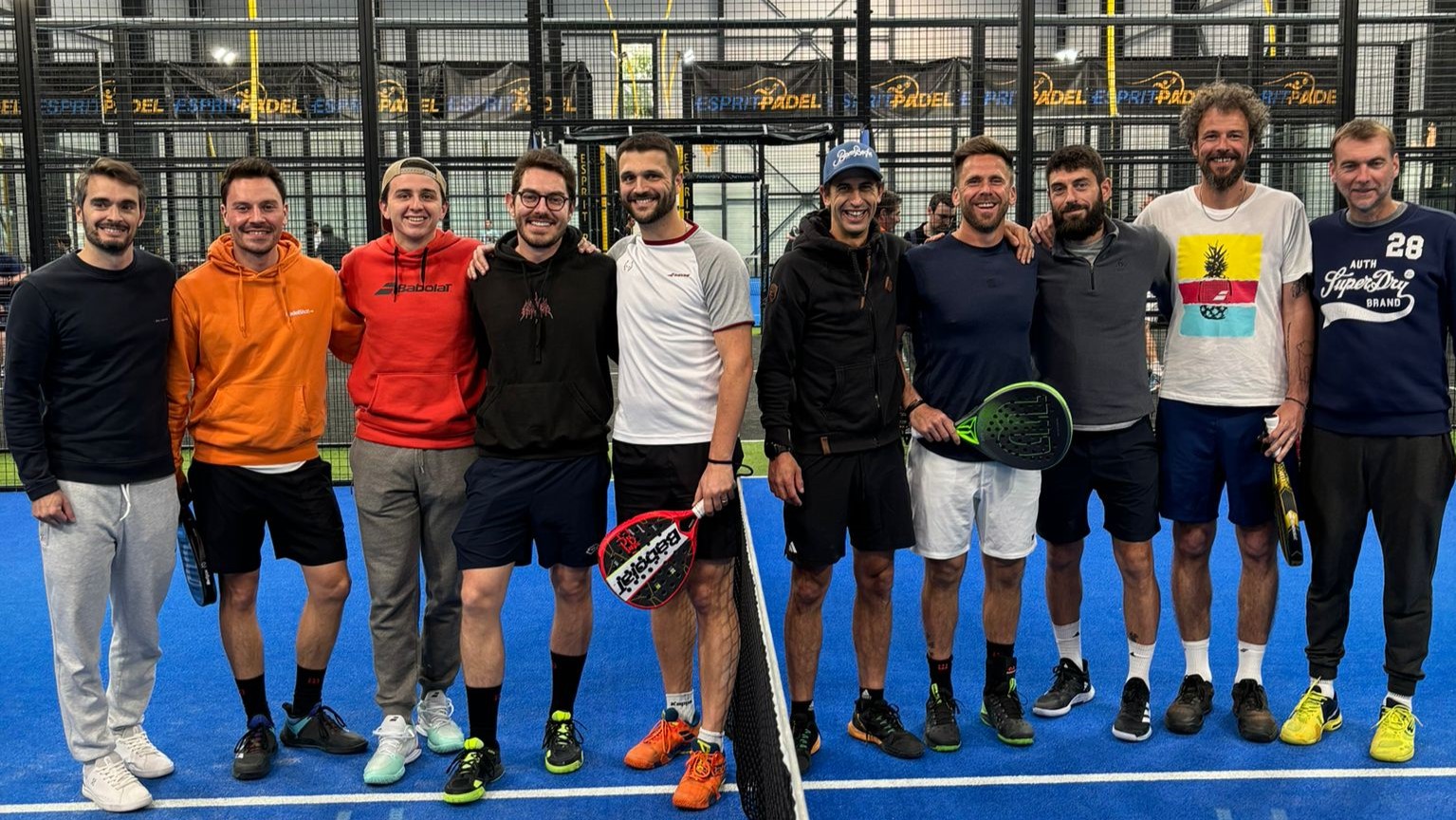 Mind Padel Lyon and the Auvergne Rhône-Alpes League innovate with team tournaments
Mind Padel Lyon and the Auvergne Rhône-Alpes League innovate with team tournaments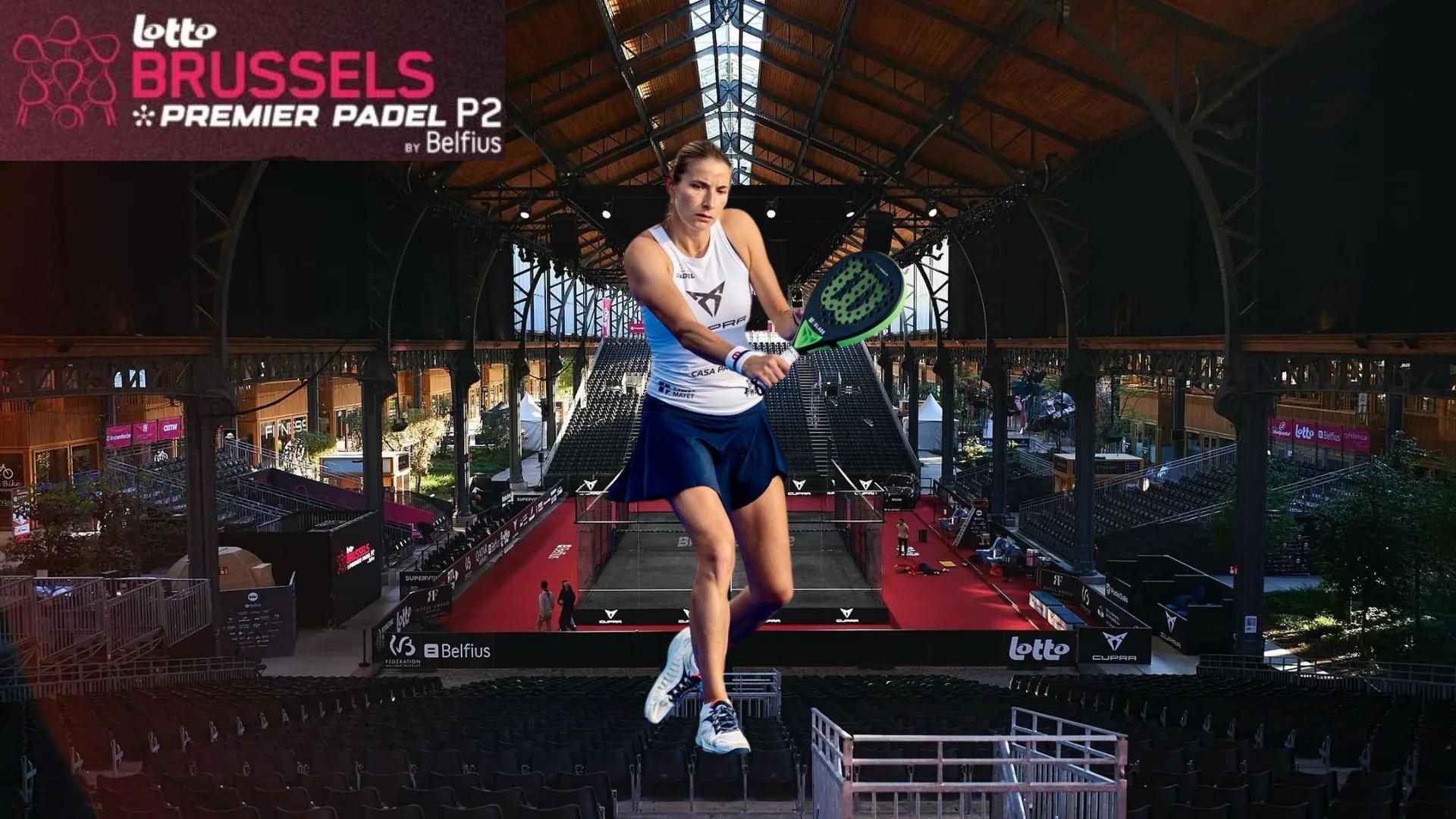 Premier Padel Brussels P2 – Alix Collombon qualified for the second round
Premier Padel Brussels P2 – Alix Collombon qualified for the second round Nallé Grinda: “Democratize the padel in the USA with PadelX "
Nallé Grinda: “Democratize the padel in the USA with PadelX "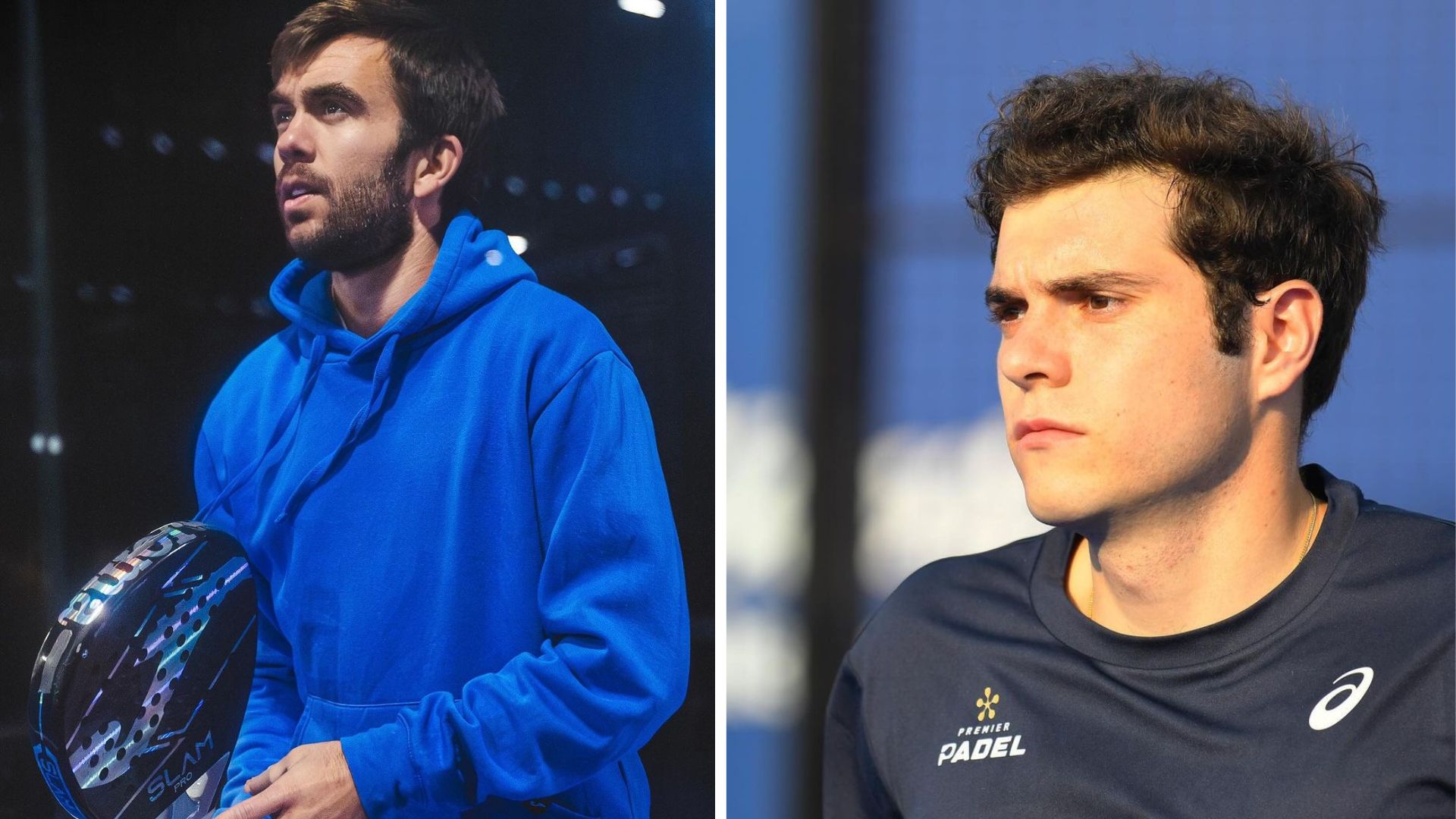 It’s off to a bad start for Pincho Fernandez and Javier Barahona…
It’s off to a bad start for Pincho Fernandez and Javier Barahona…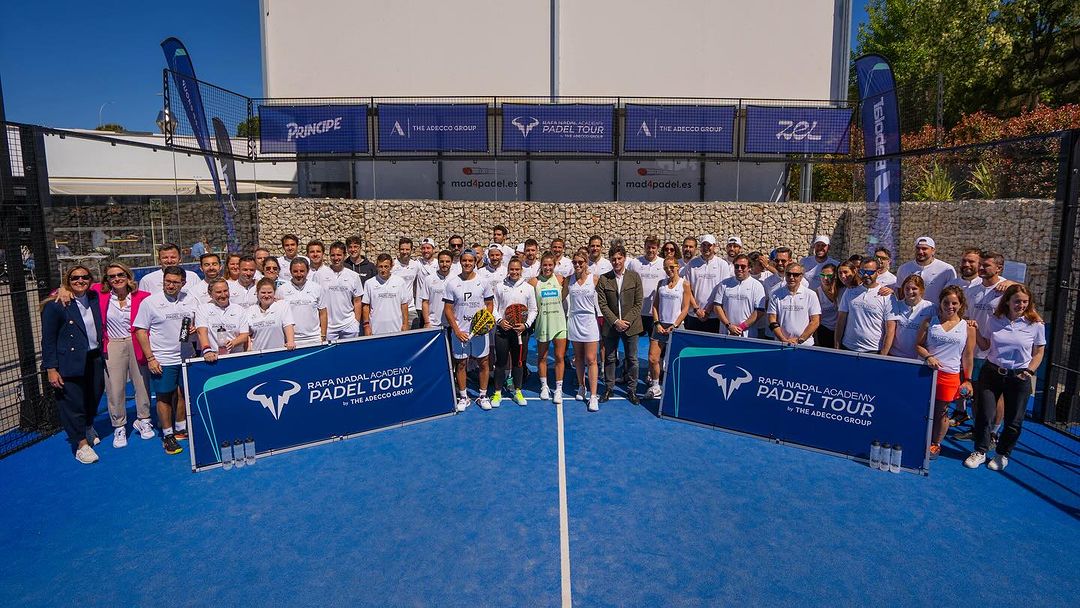 Do you know the Rafa Nadal Academy Tour?
Do you know the Rafa Nadal Academy Tour?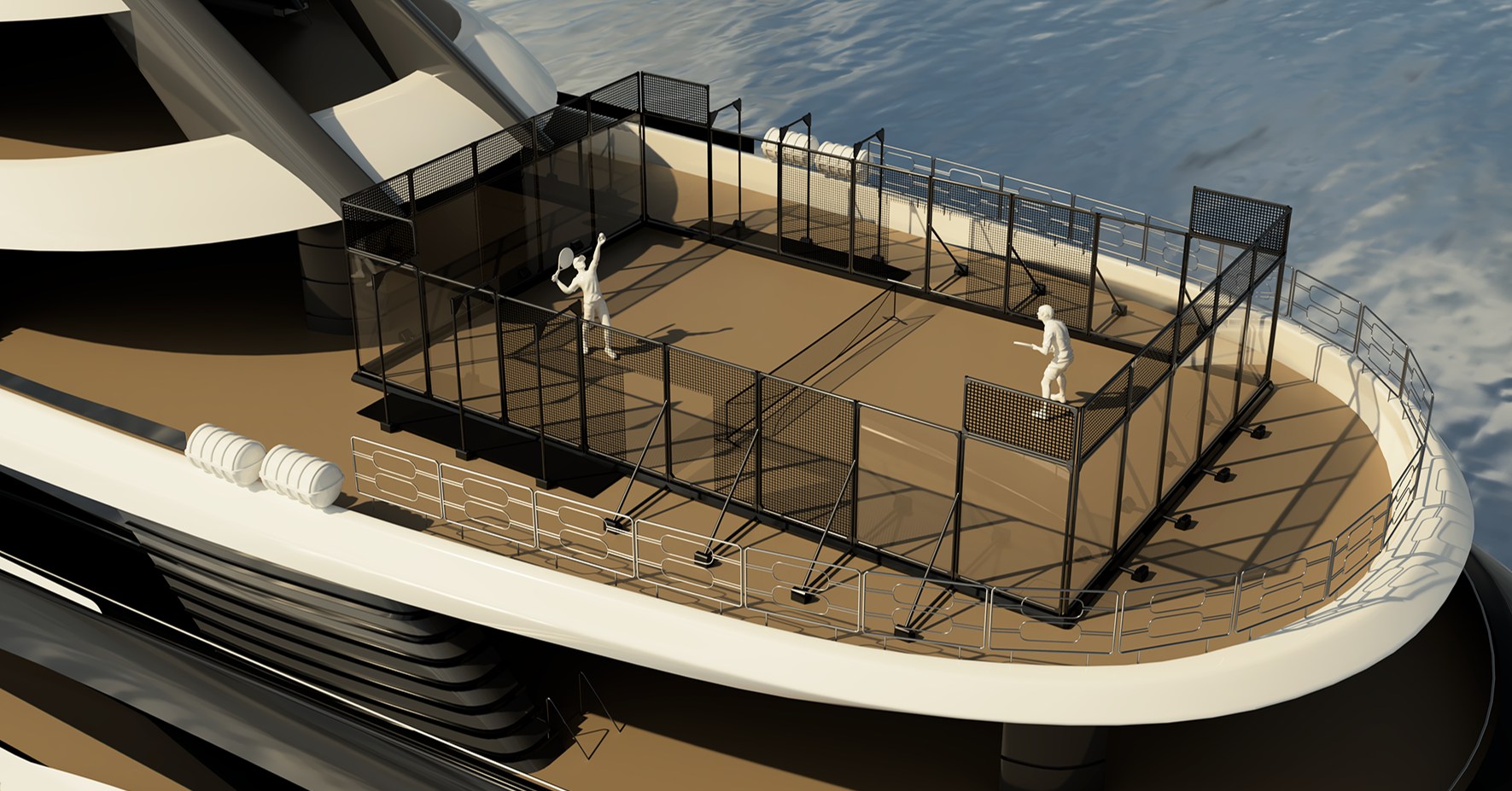 Play at padel on his yacht? Possible for €233.000!
Play at padel on his yacht? Possible for €233.000! Our Top 10 training courses padel in France and Europe
Our Top 10 training courses padel in France and Europe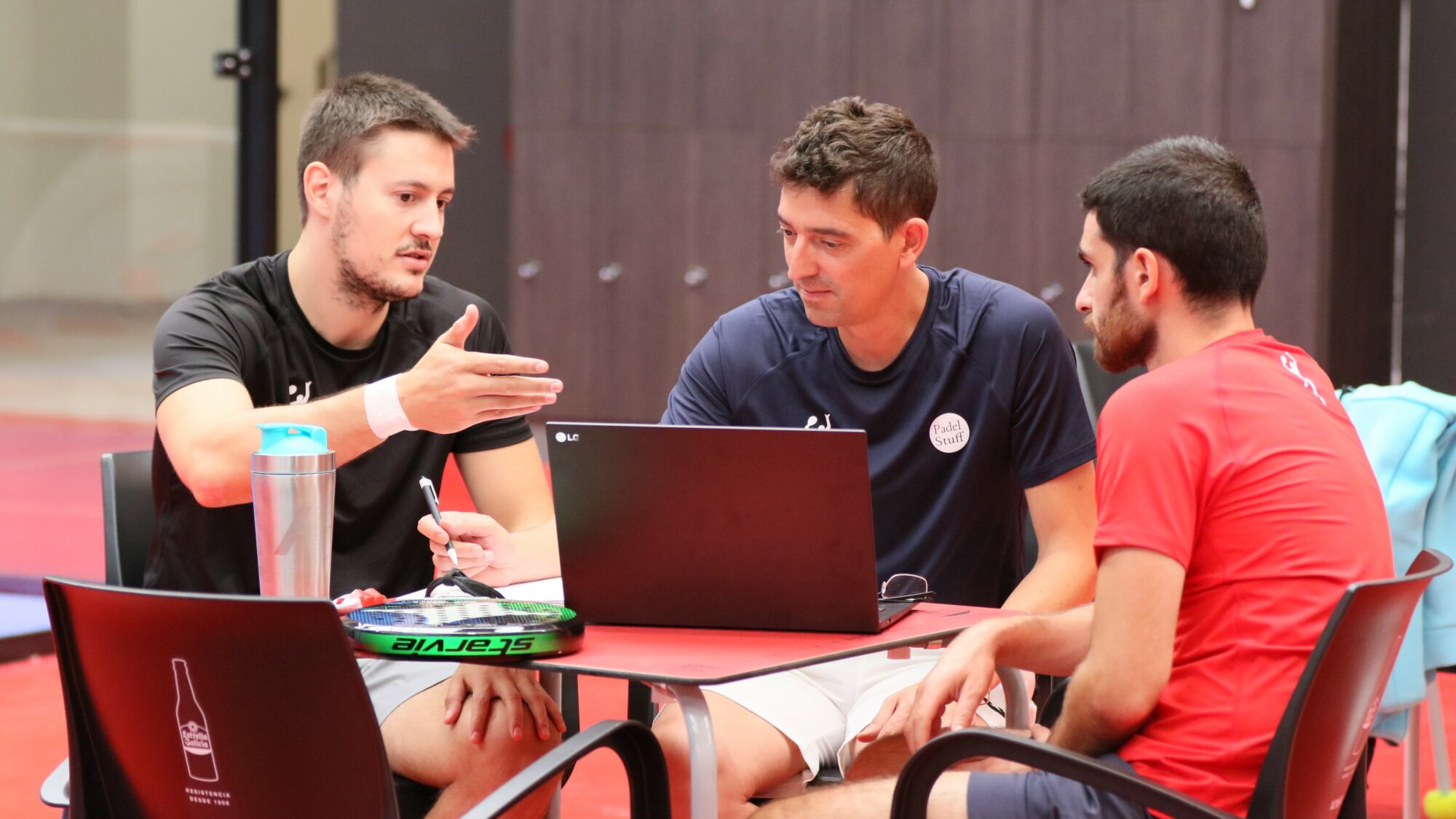 At the heart of padel – Episode 25: Paul and Andoni answer your questions
At the heart of padel – Episode 25: Paul and Andoni answer your questions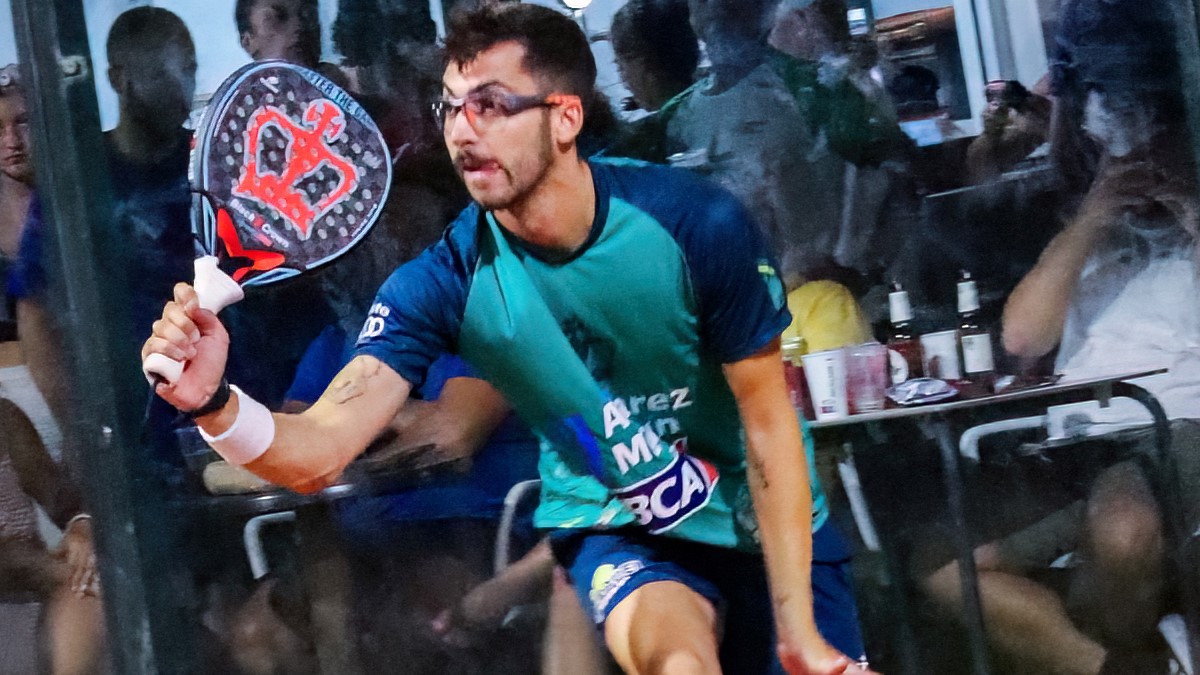 Tactical padel – What to do when faced with players who systematically stay at the bottom?
Tactical padel – What to do when faced with players who systematically stay at the bottom?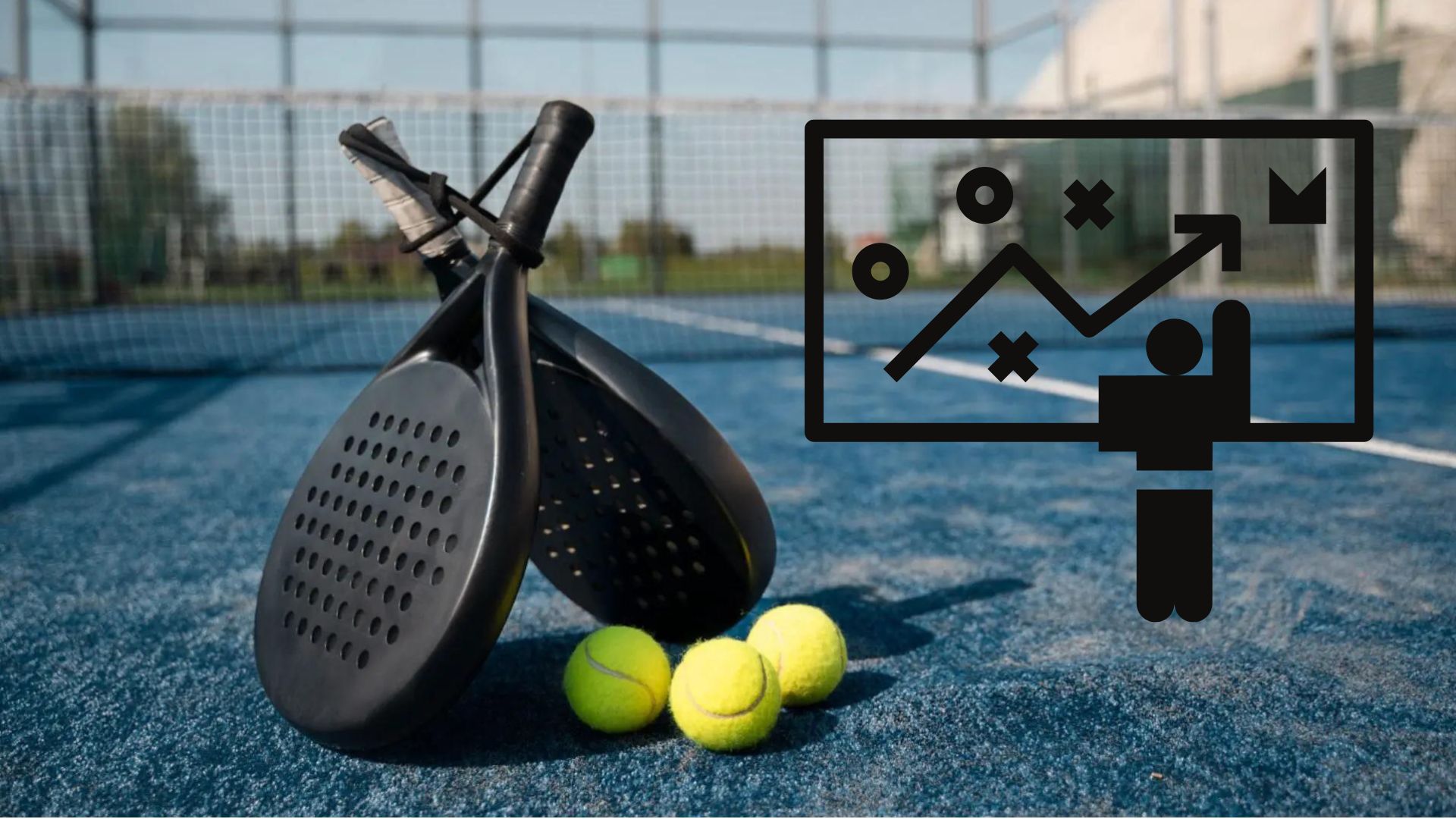 The basic tactics of padel
The basic tactics of padel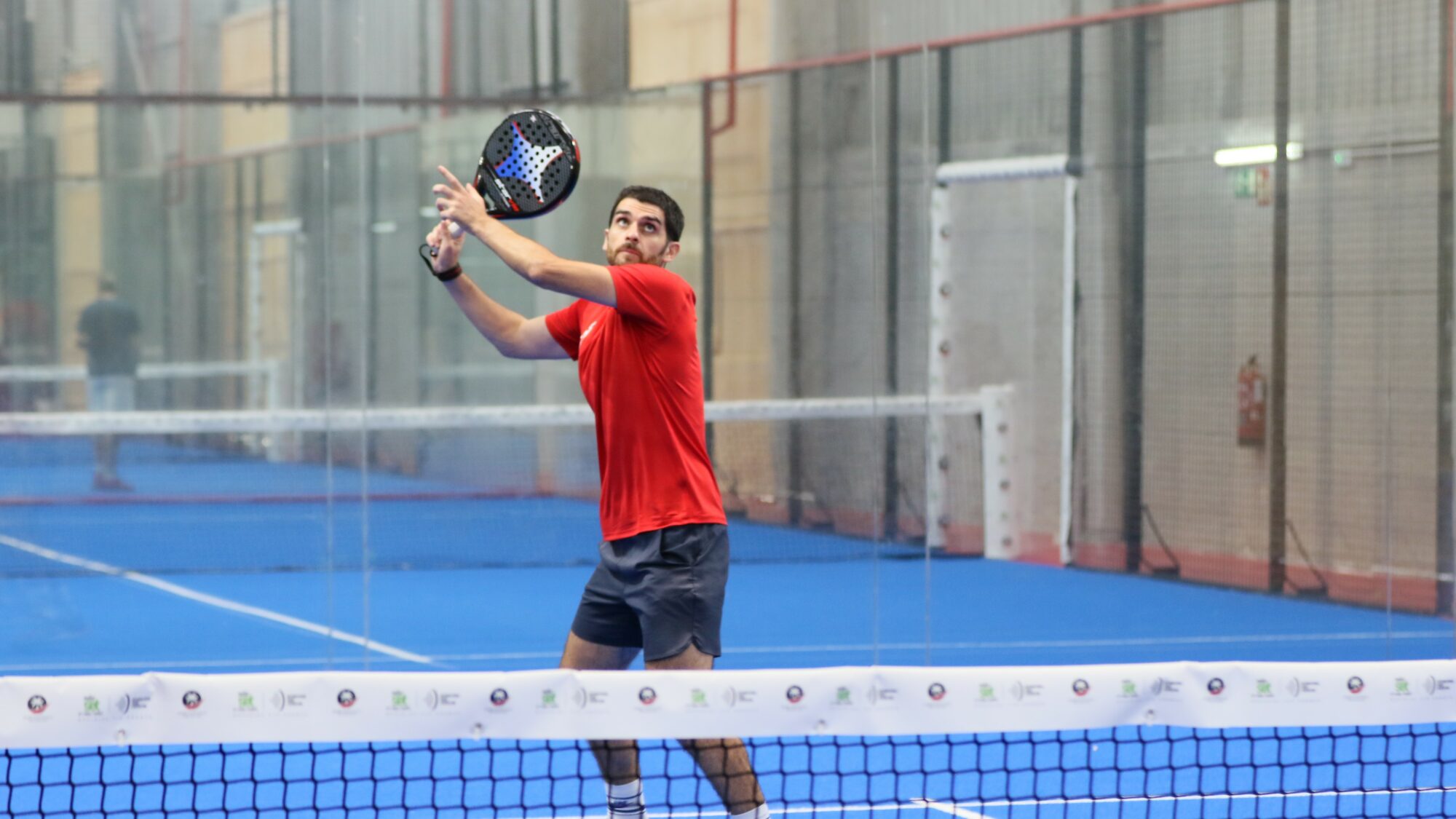 At the heart of padel – Episode 25: Paul and Andoni answer your questions
At the heart of padel – Episode 25: Paul and Andoni answer your questions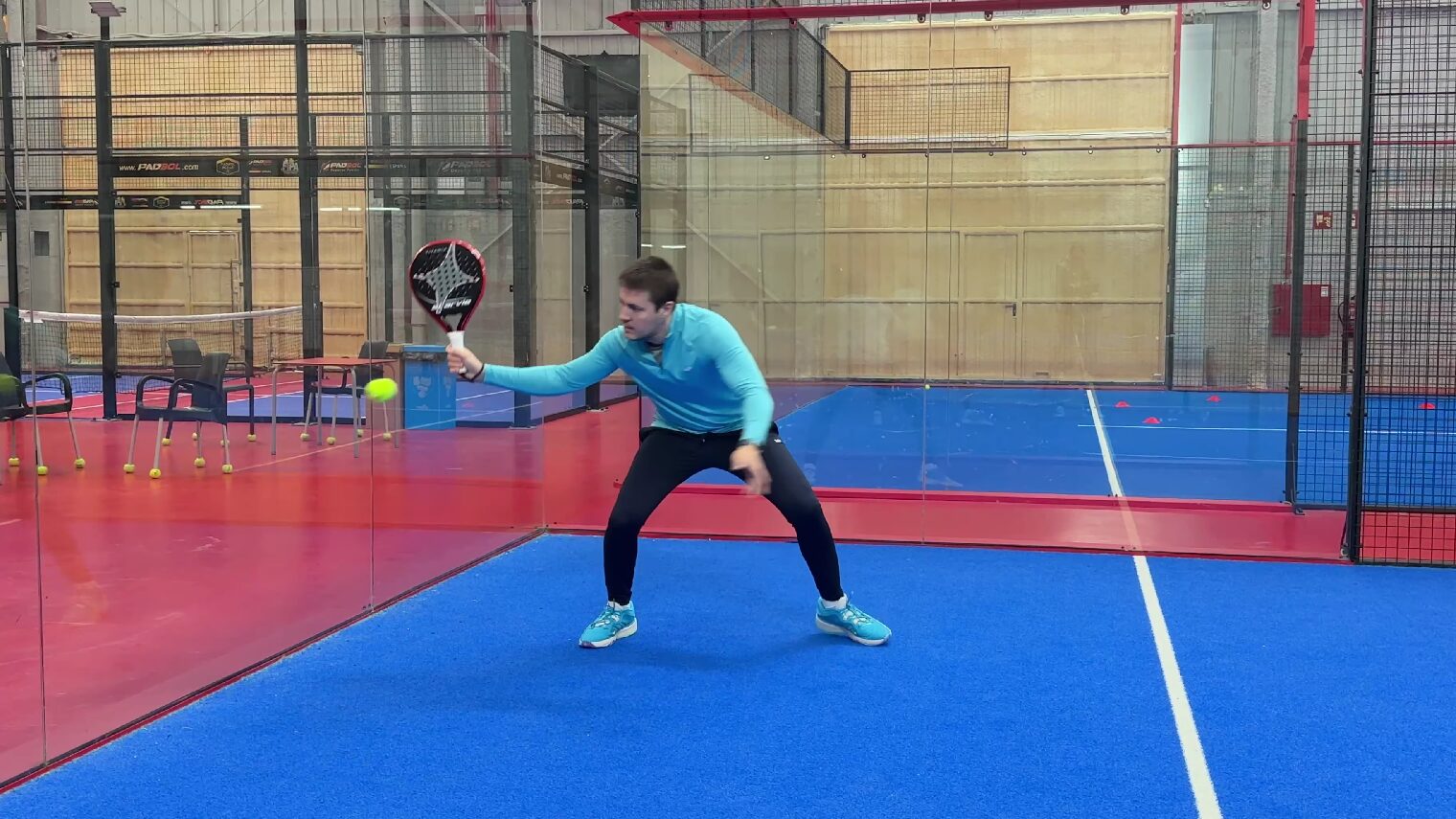 At the heart of padel – Episode 23: defend the window well
At the heart of padel – Episode 23: defend the window well Prohibition on playing topless Padel : the reasons
Prohibition on playing topless Padel : the reasons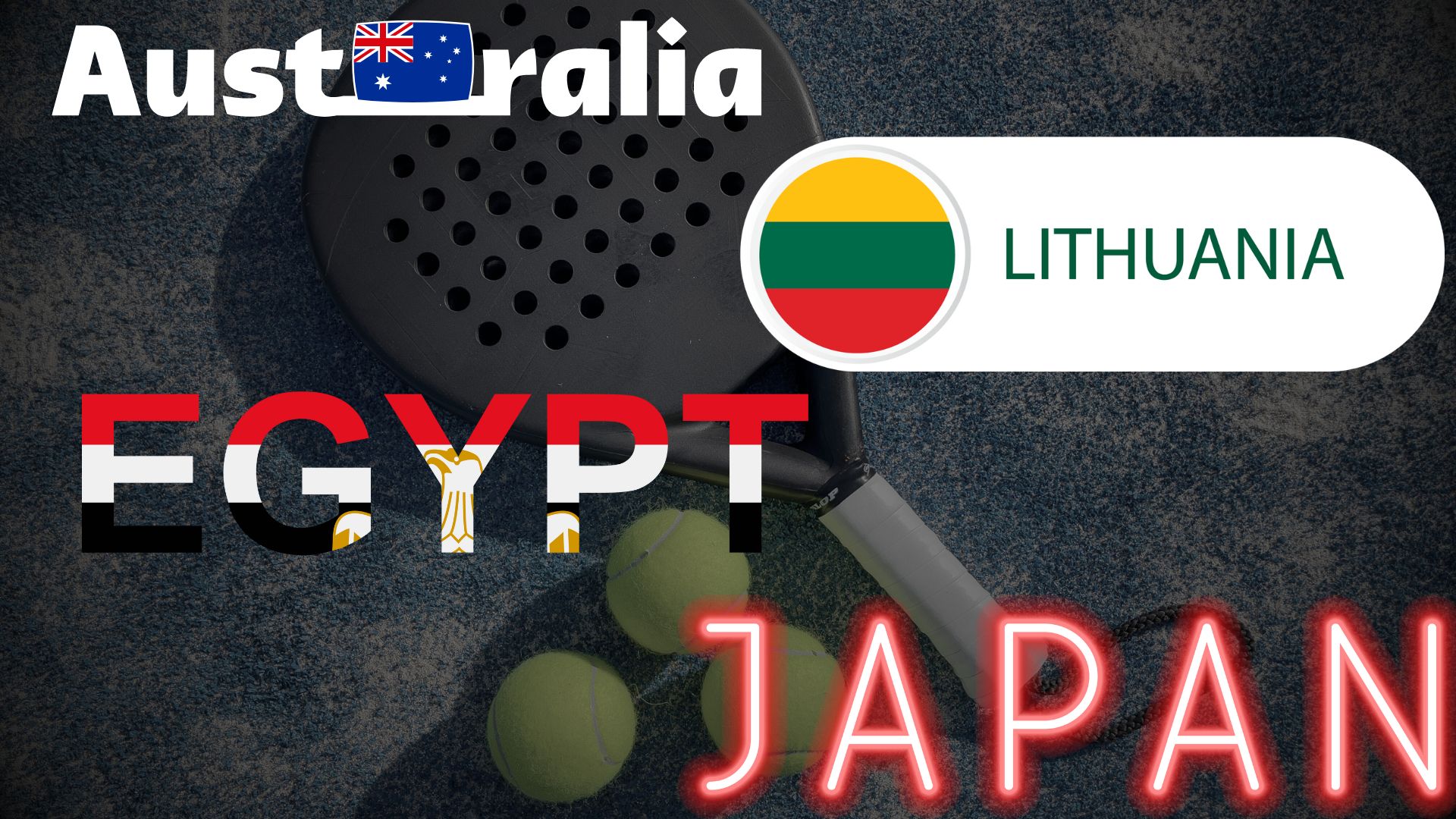 FIP Tour – Going far from Europe, THE strategy to earn points!
FIP Tour – Going far from Europe, THE strategy to earn points!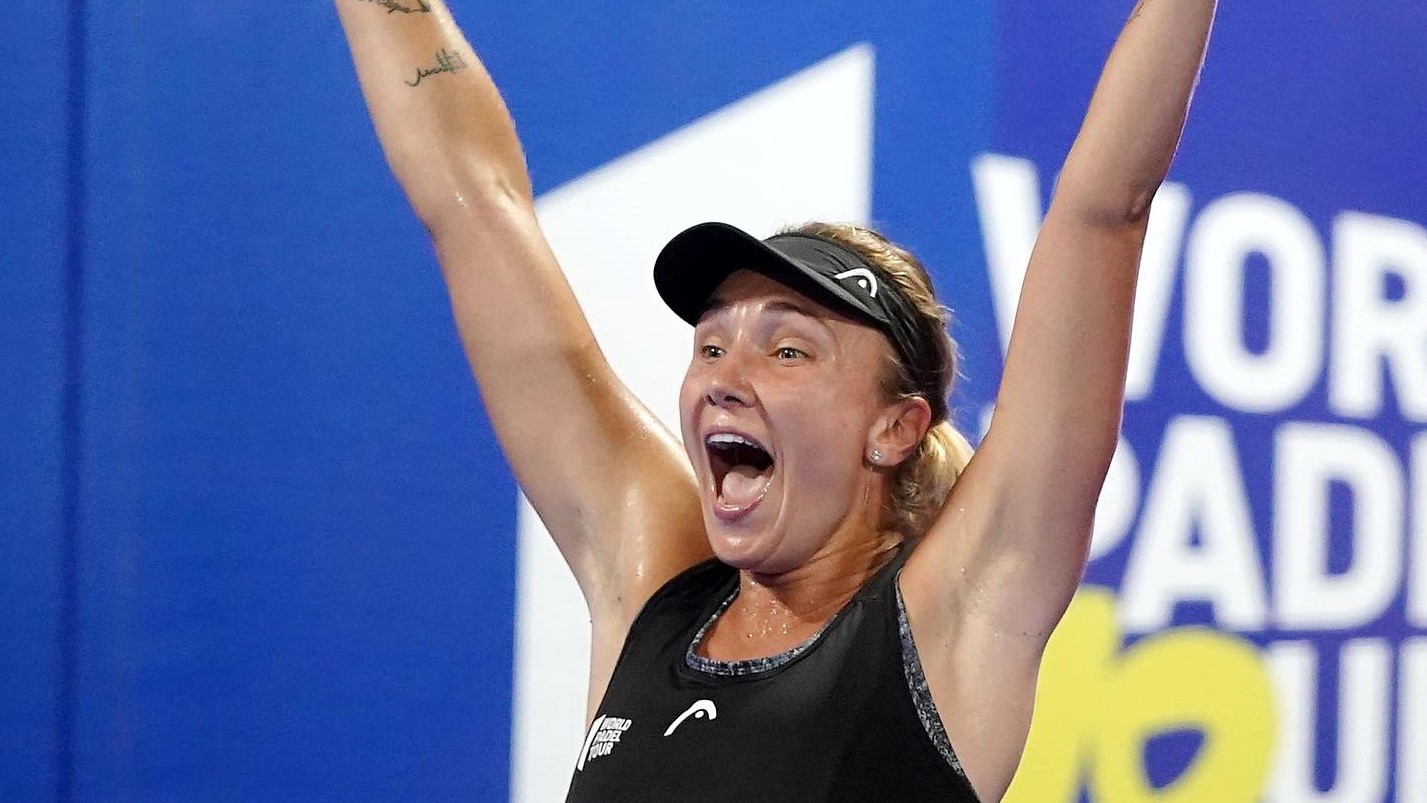 What is a good football player? padel ?
What is a good football player? padel ?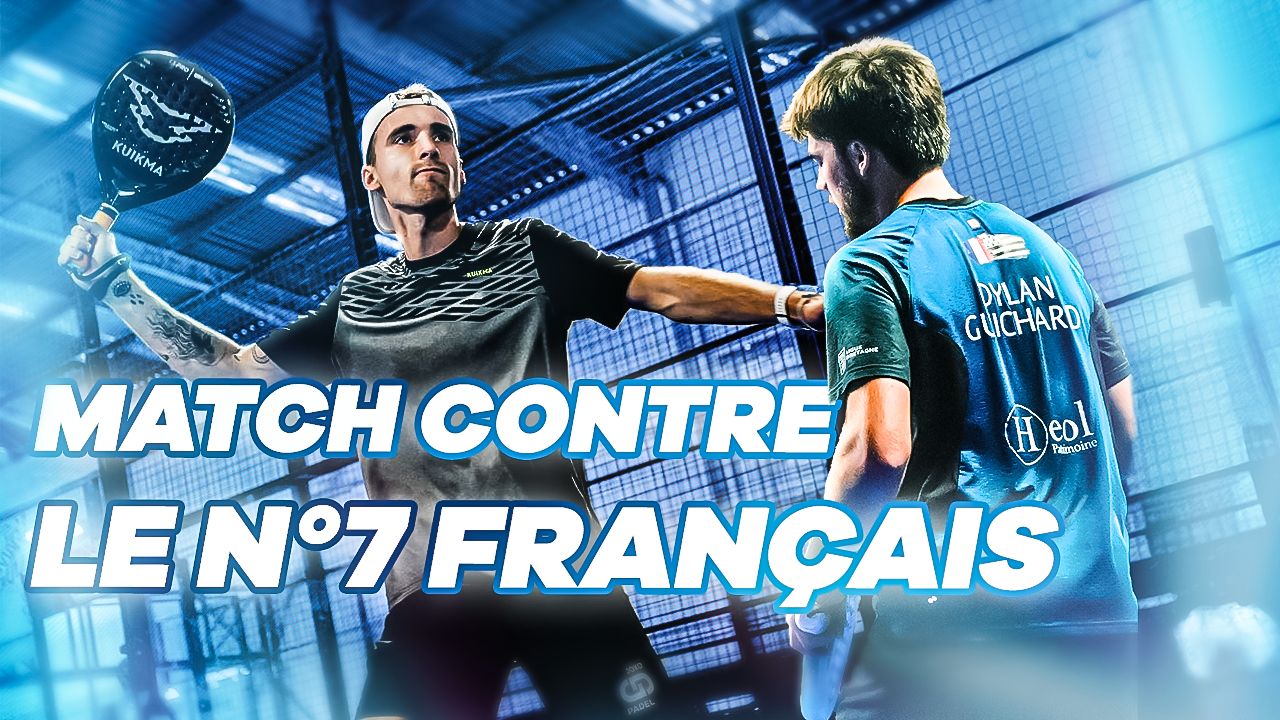 “Lefties give me headaches when I play against them!”
“Lefties give me headaches when I play against them!”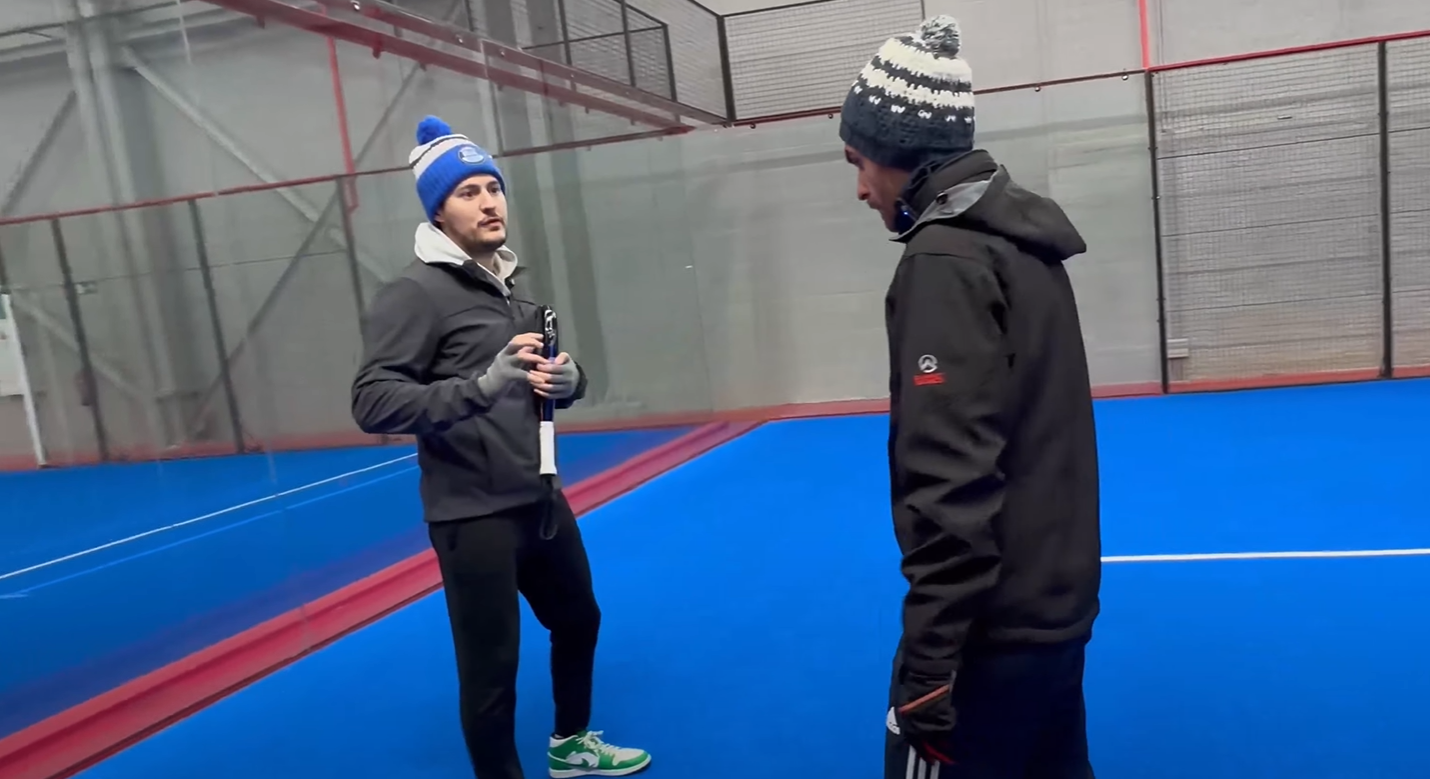 At the heart of padel – Episode 14: how to earn points in winter?
At the heart of padel – Episode 14: how to earn points in winter?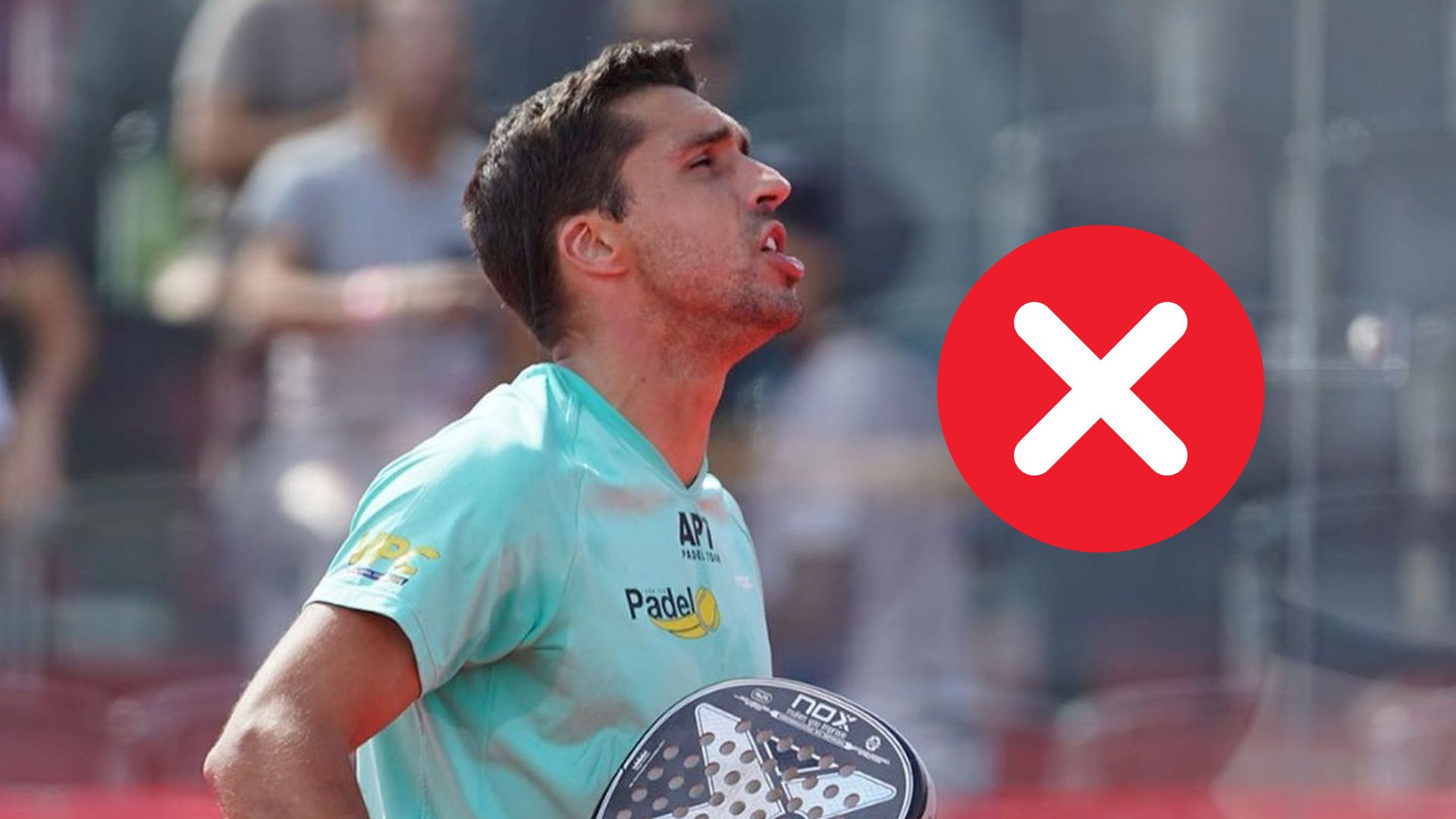 A par 4 is always a winner...even if you manage to defend it!
A par 4 is always a winner...even if you manage to defend it!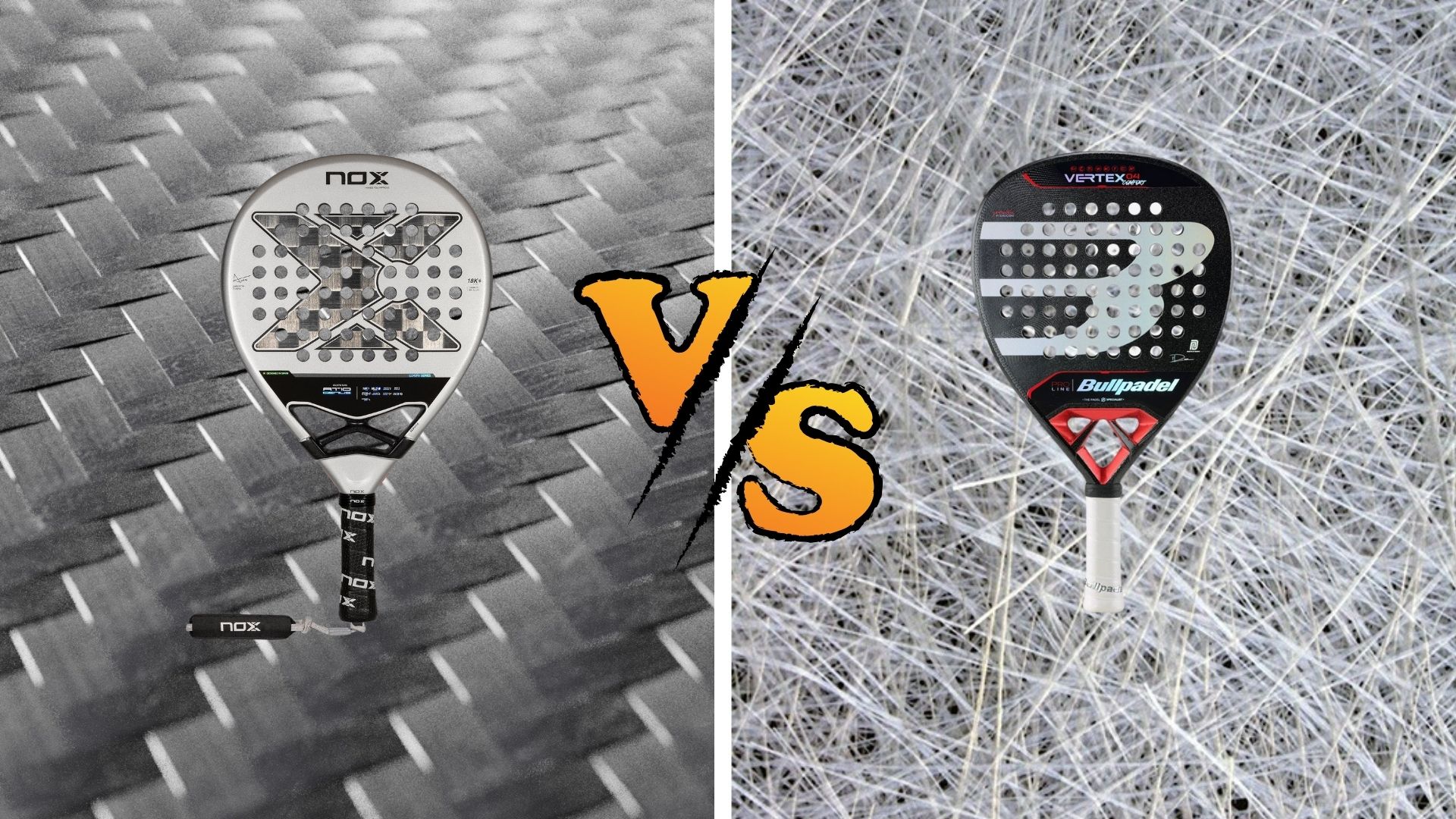 Carbon fiber VS fiberglass: what to choose?
Carbon fiber VS fiberglass: what to choose?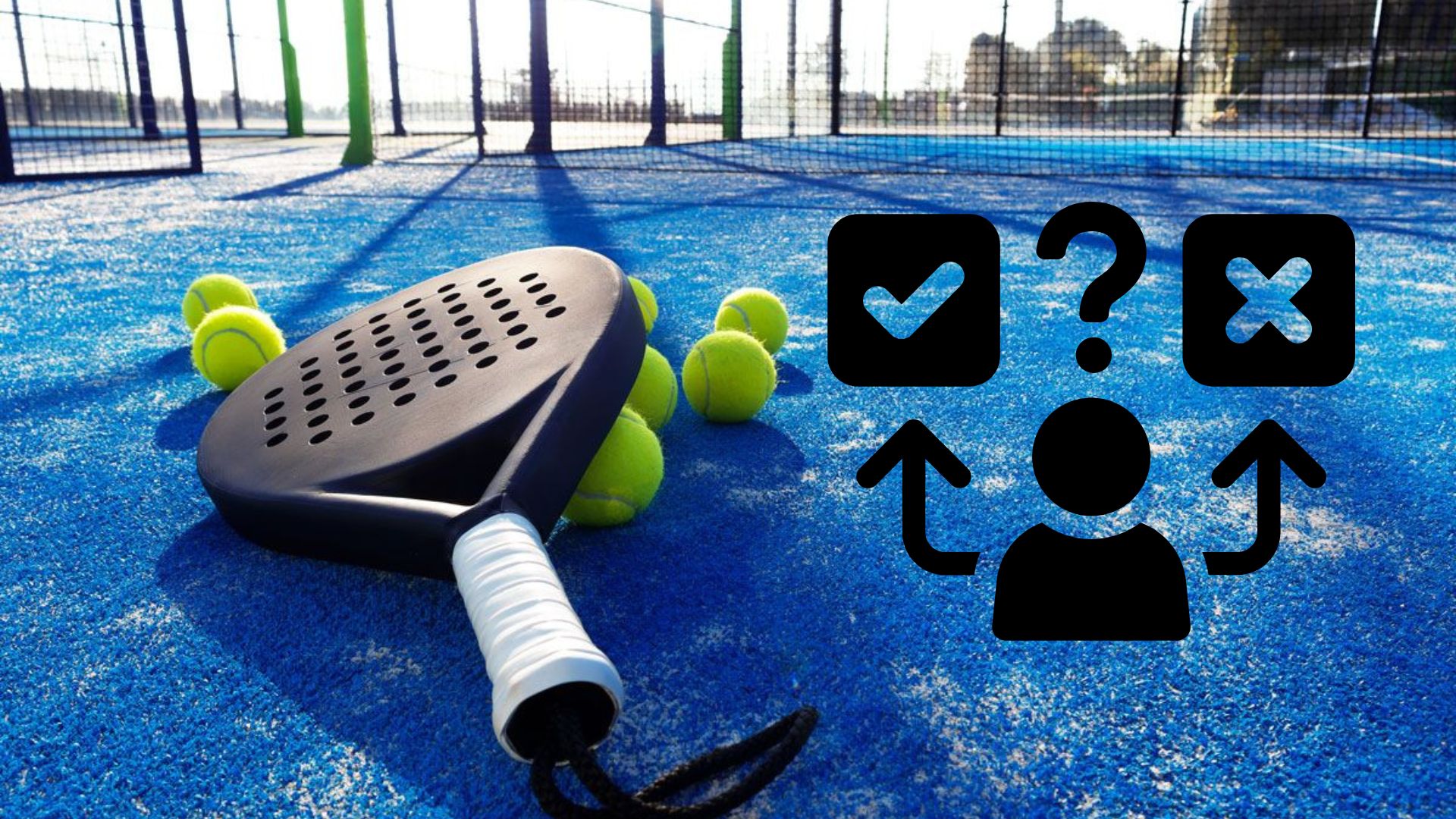 How to effectively test a racket padel ?
How to effectively test a racket padel ?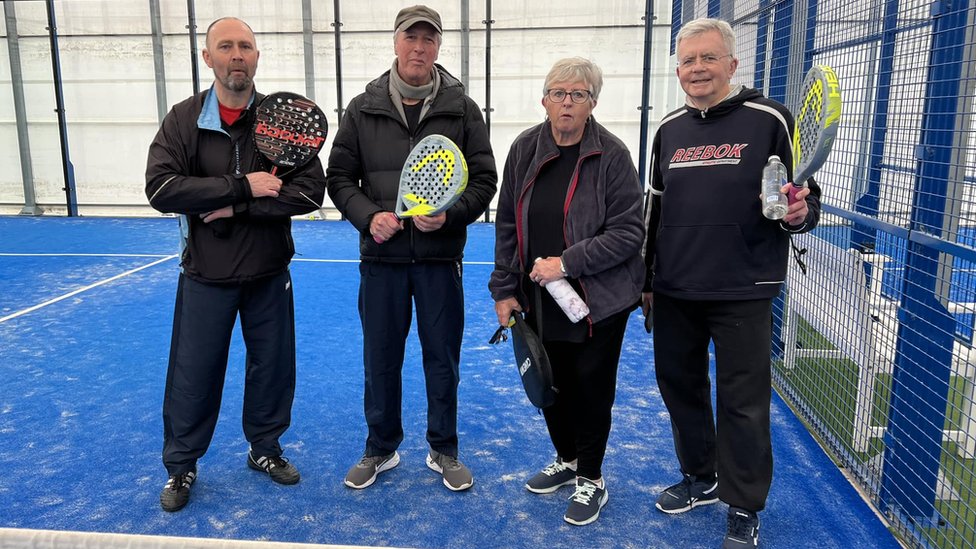 La padel to fight Parkinson's disease
La padel to fight Parkinson's disease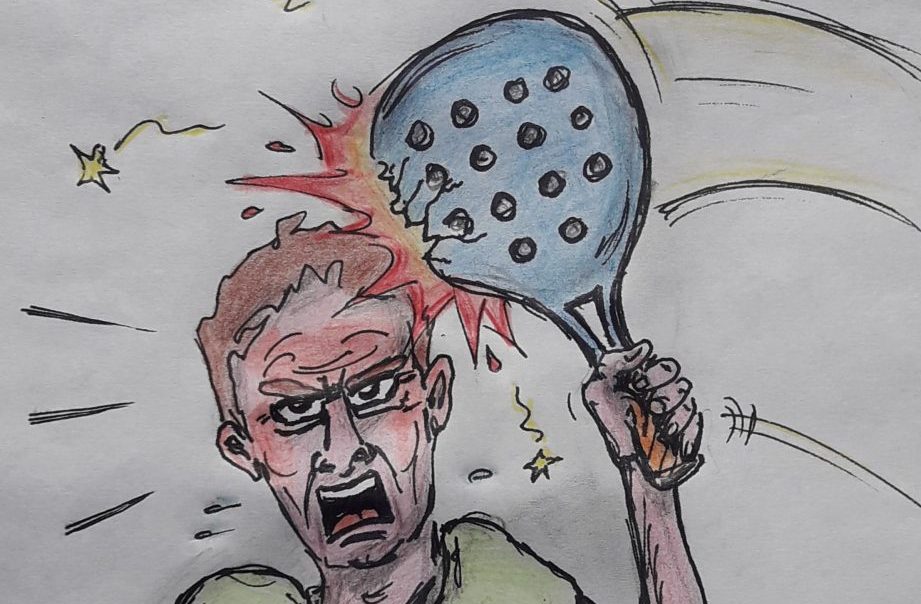 Don't play with a cracked or broken racket, your body will thank you!
Don't play with a cracked or broken racket, your body will thank you! Michel Cymes: “The padel, physically, it’s serious!”
Michel Cymes: “The padel, physically, it’s serious!”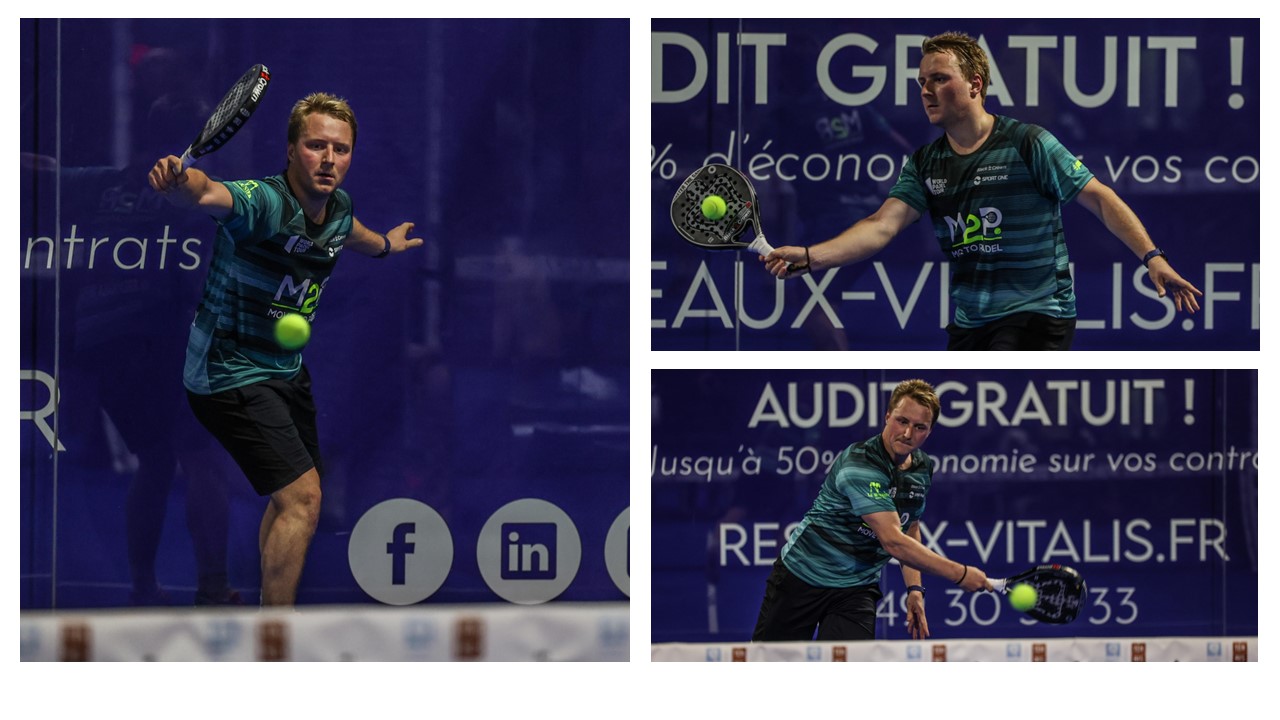 Jeremy Gala: “Promote the padel among young people in Belgium remains a challenge”
Jeremy Gala: “Promote the padel among young people in Belgium remains a challenge”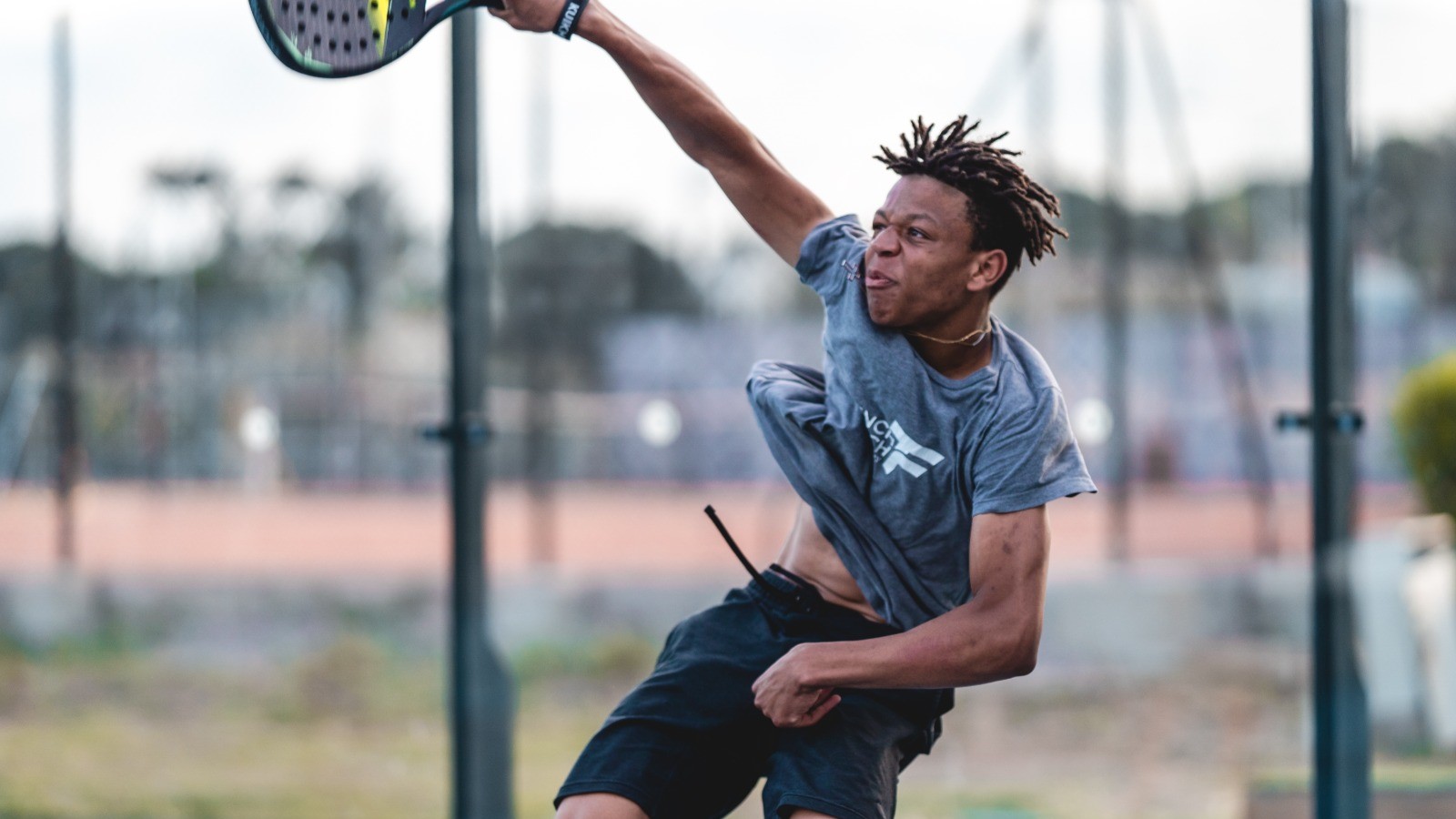 The French Touch Academy organizes its selection day Padel-Study
The French Touch Academy organizes its selection day Padel-Study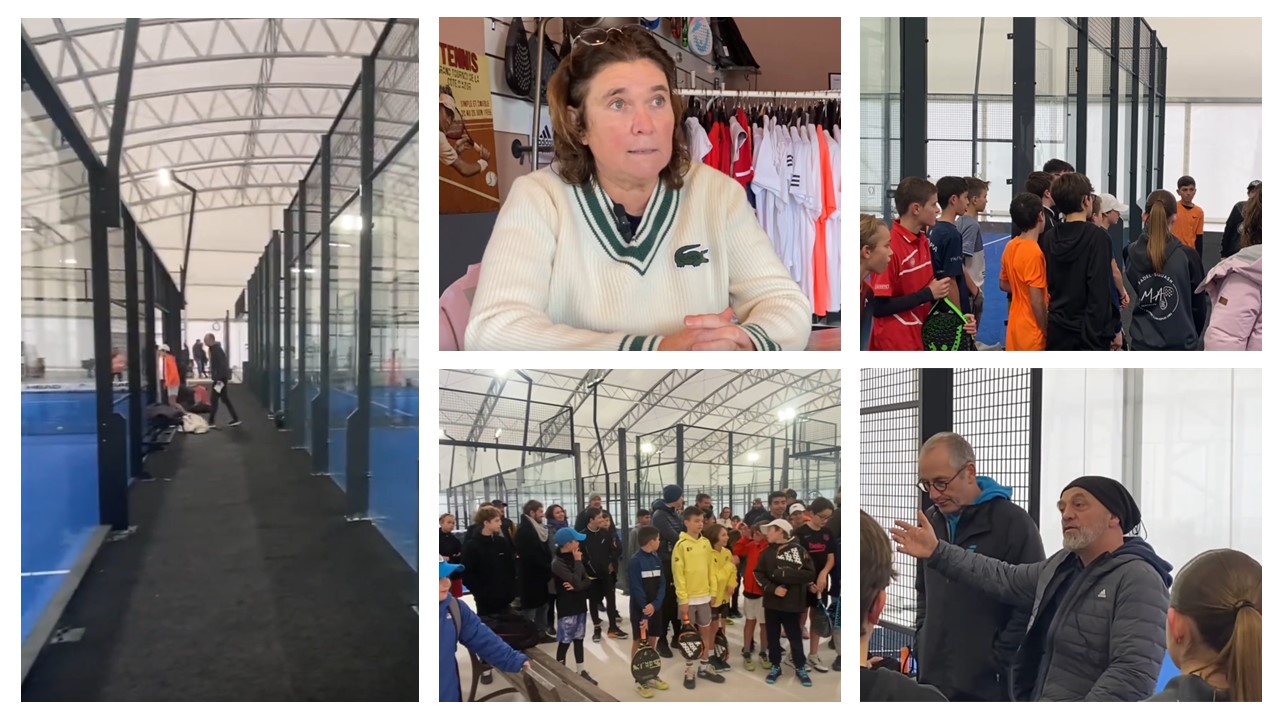 Report on the detection and training of younger generations
Report on the detection and training of younger generations